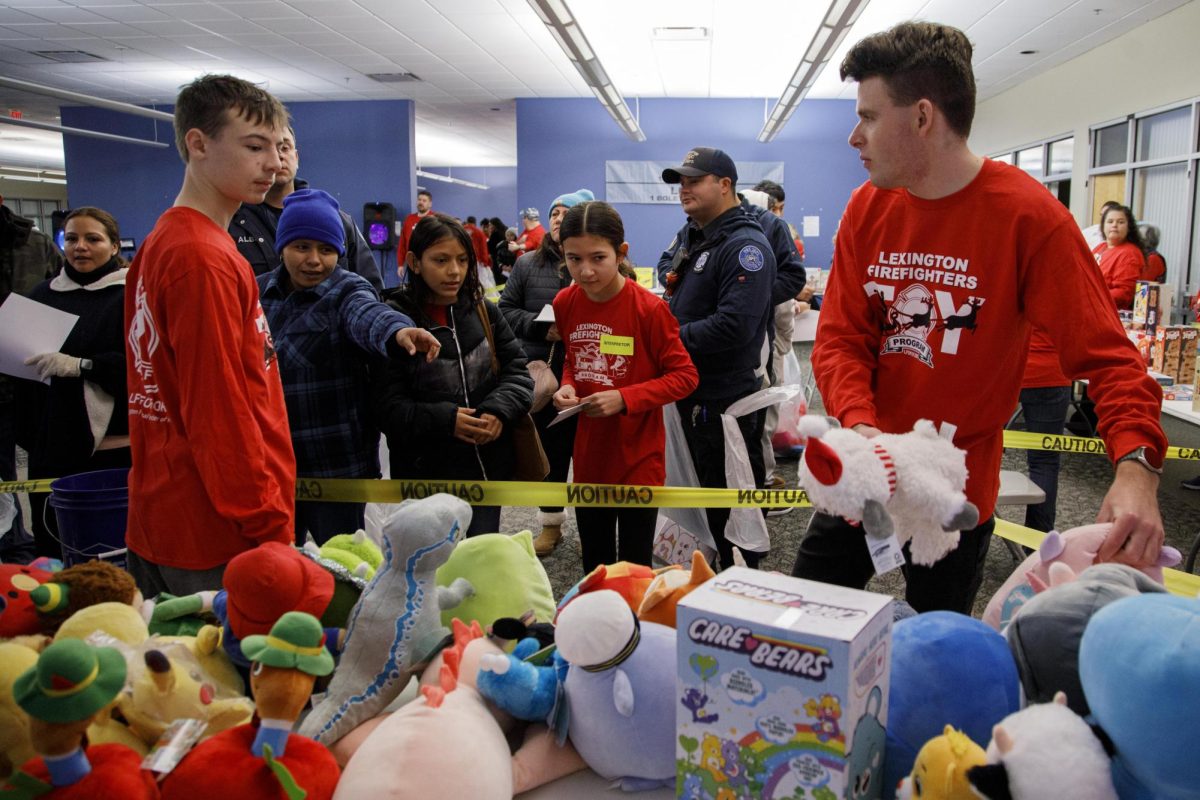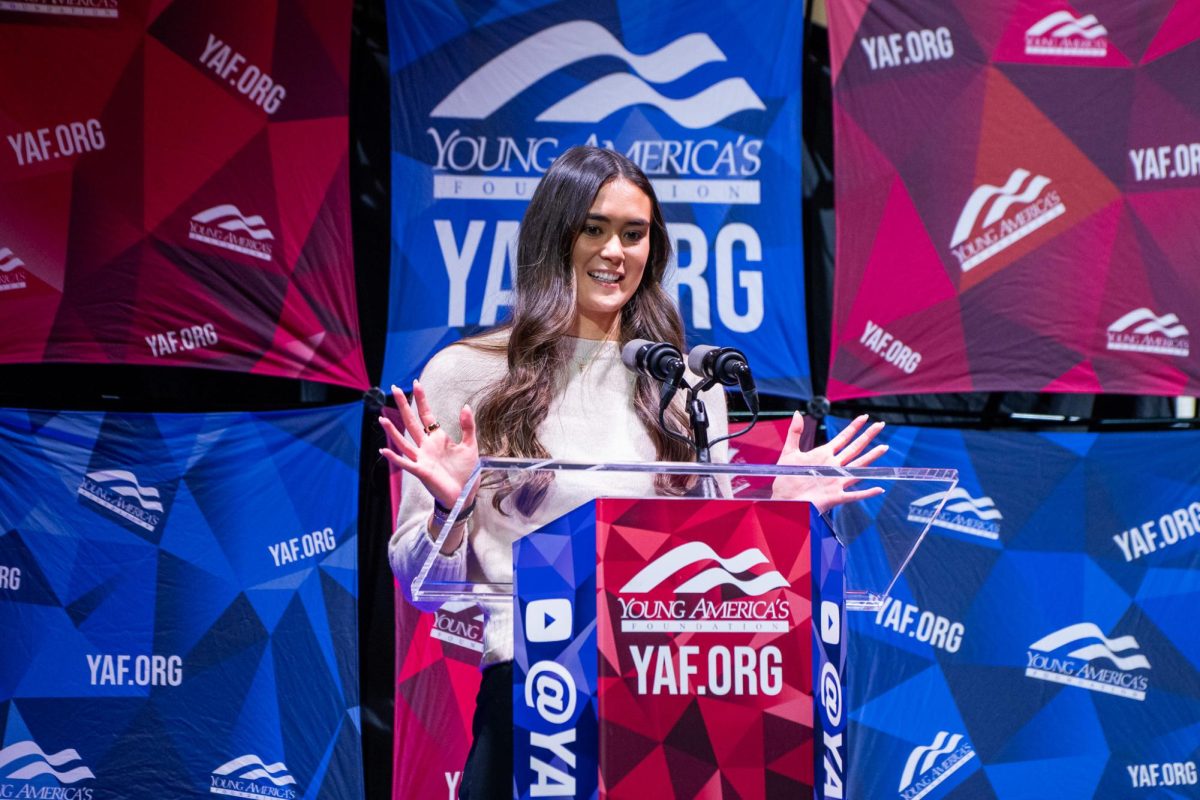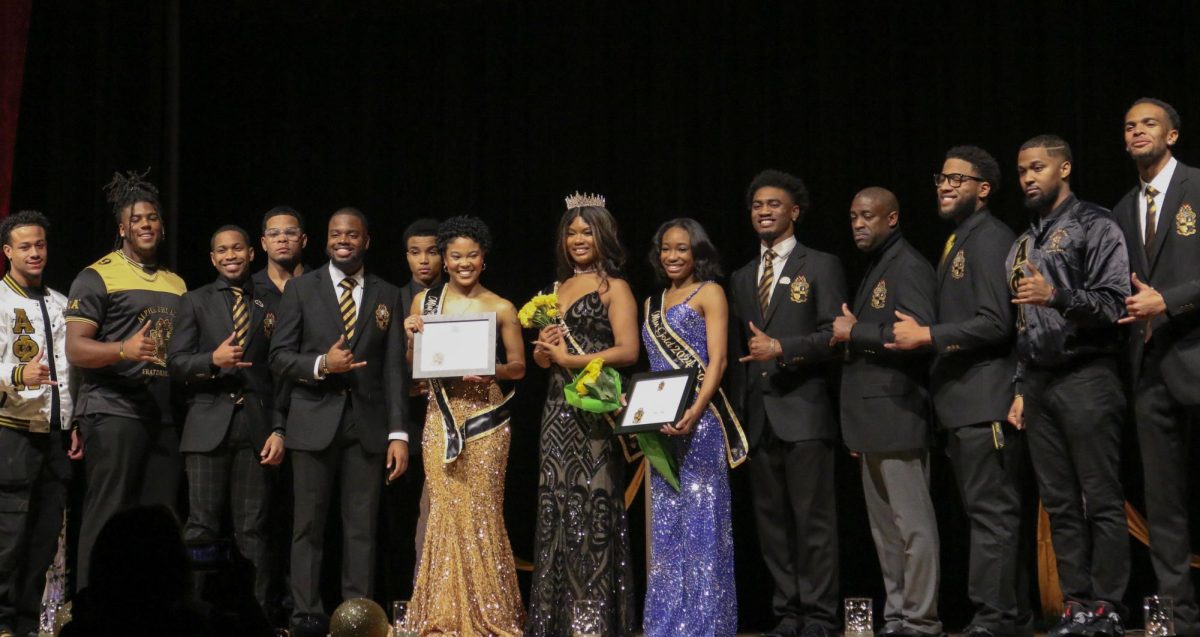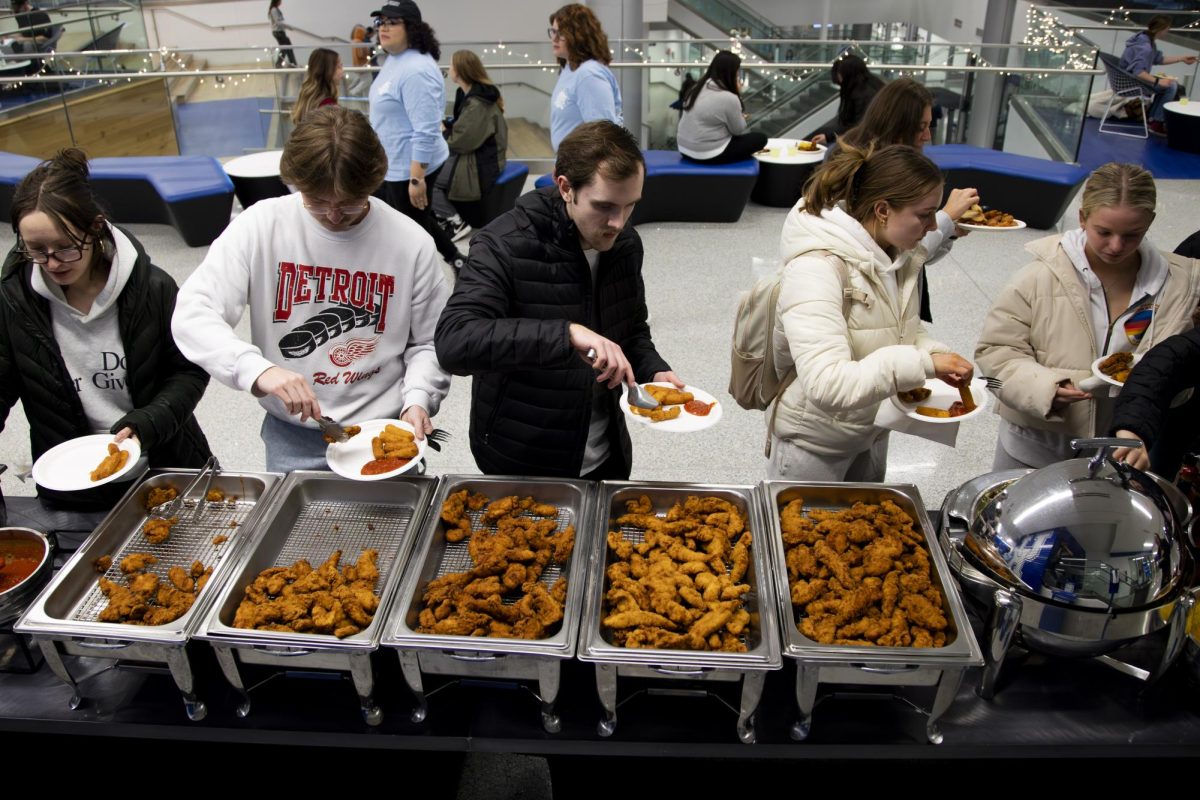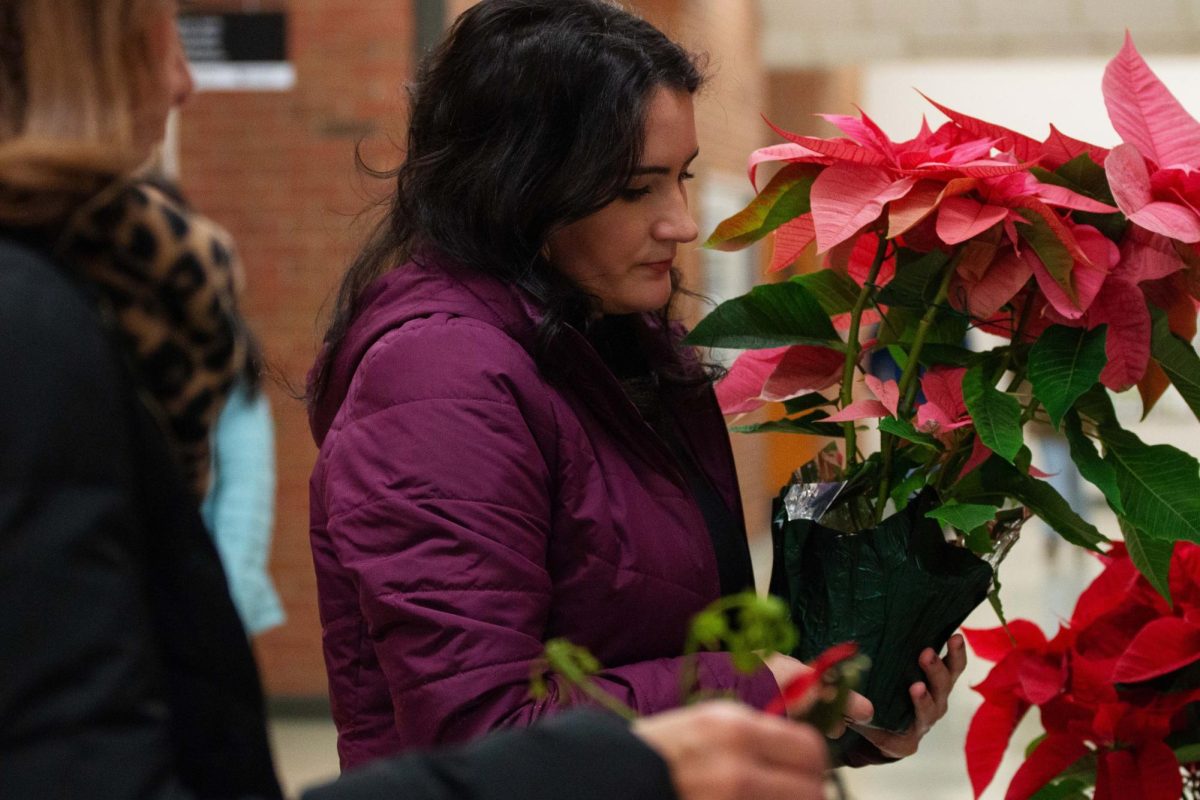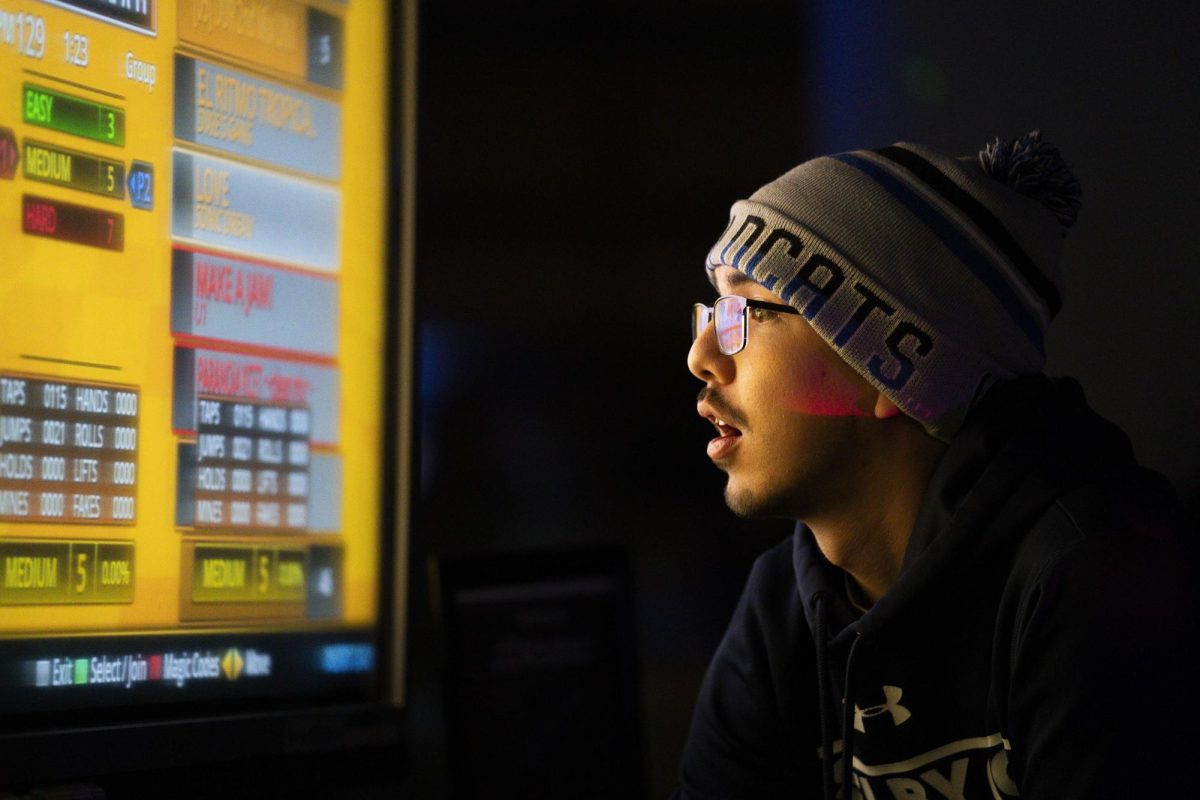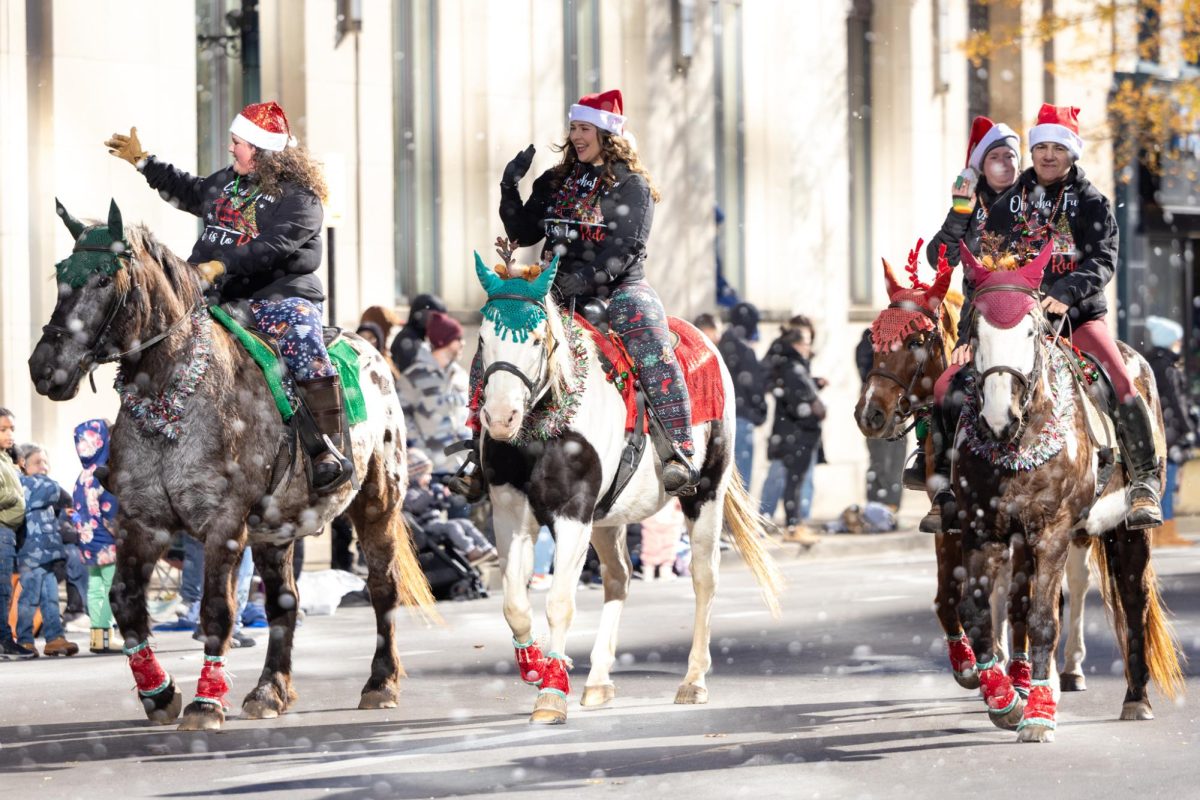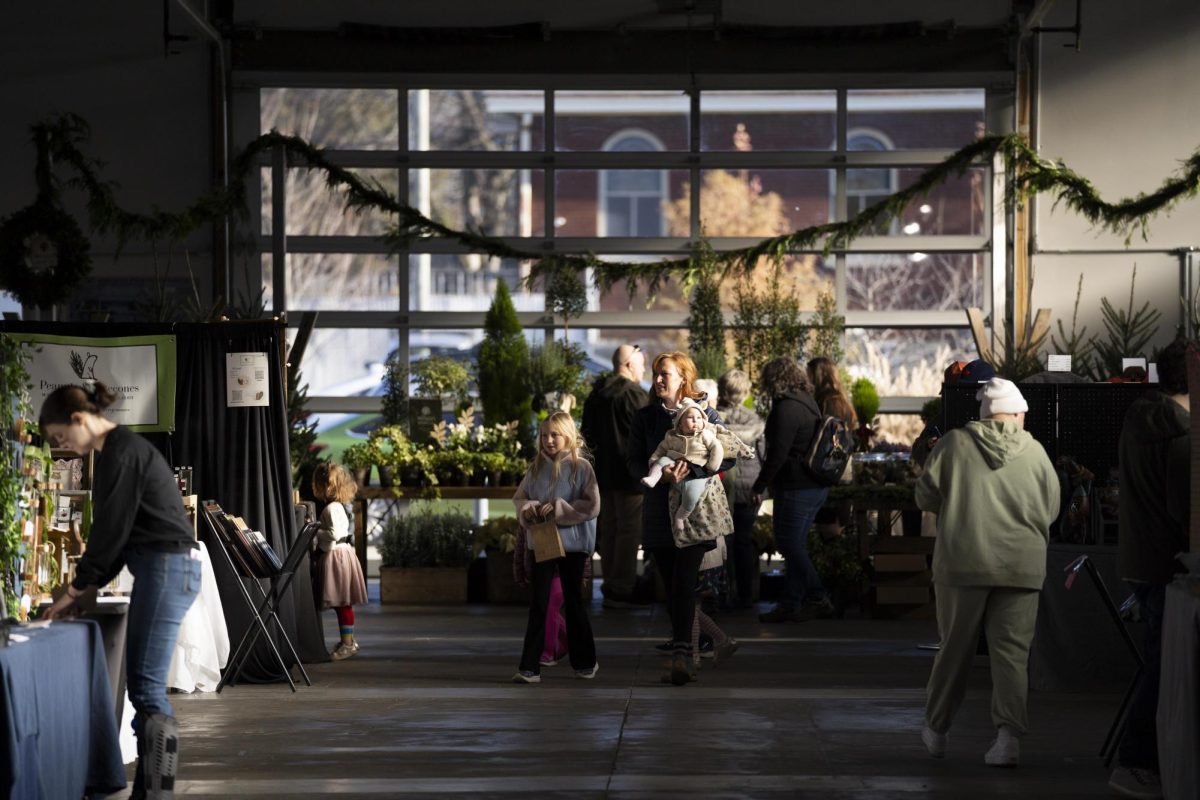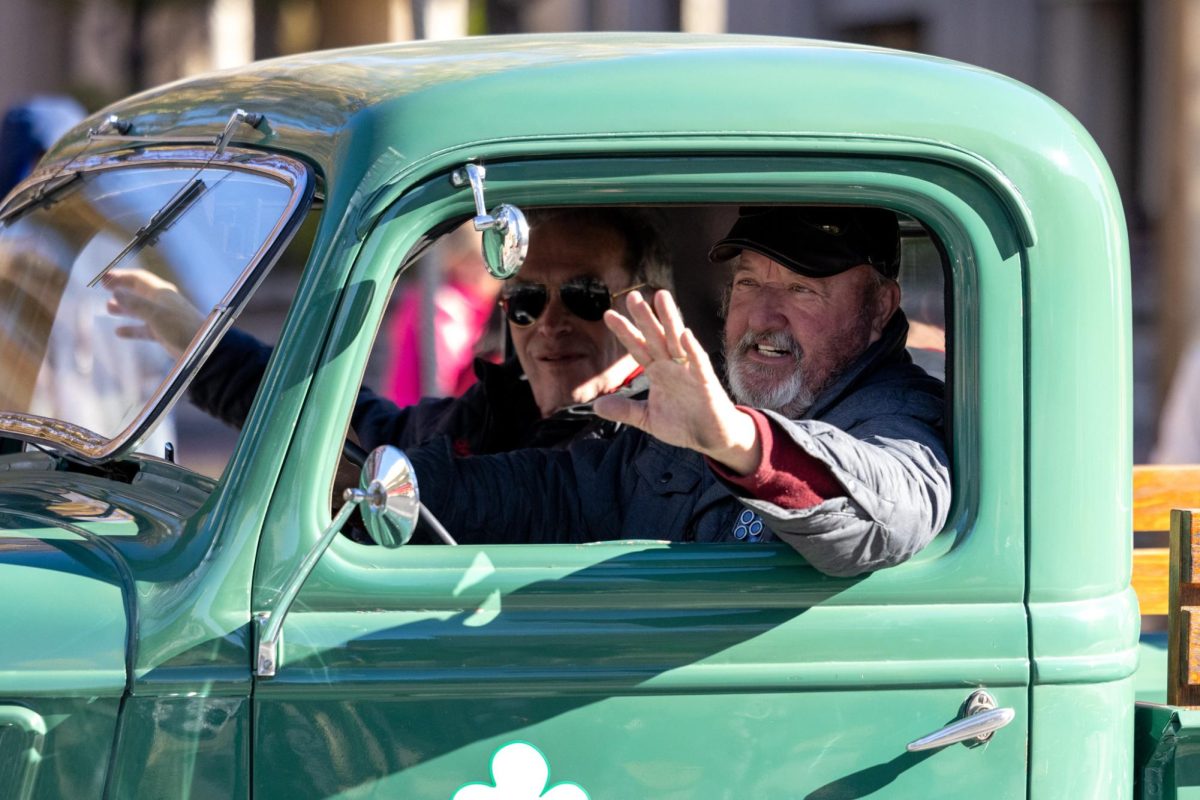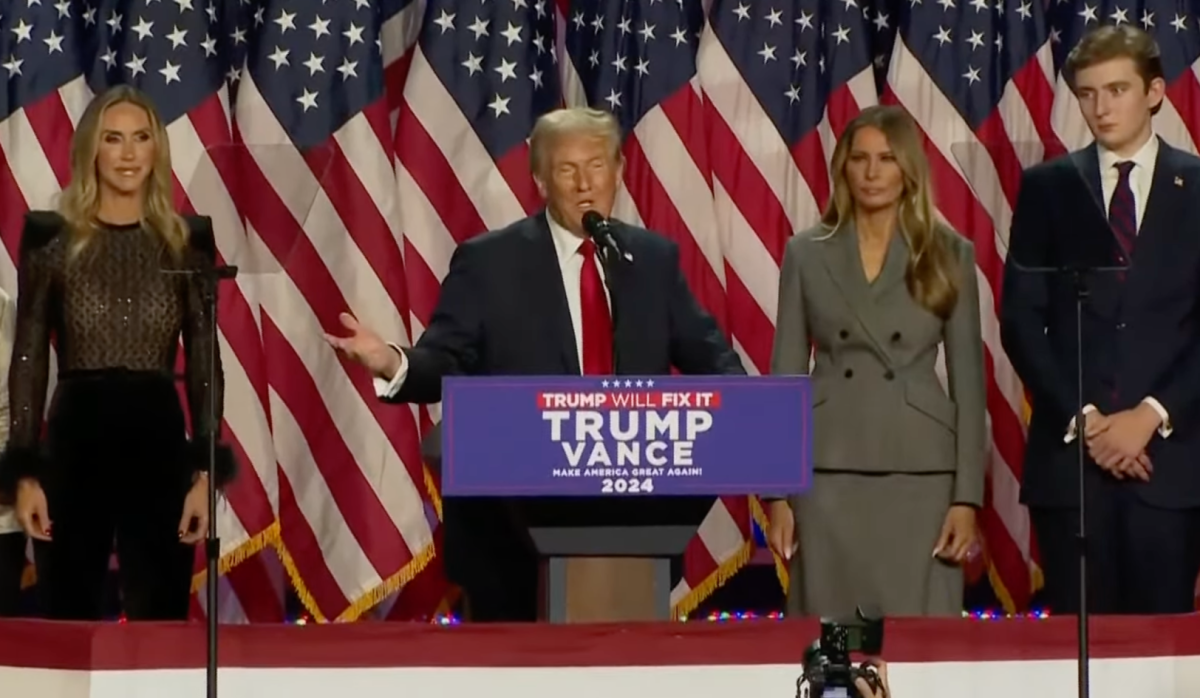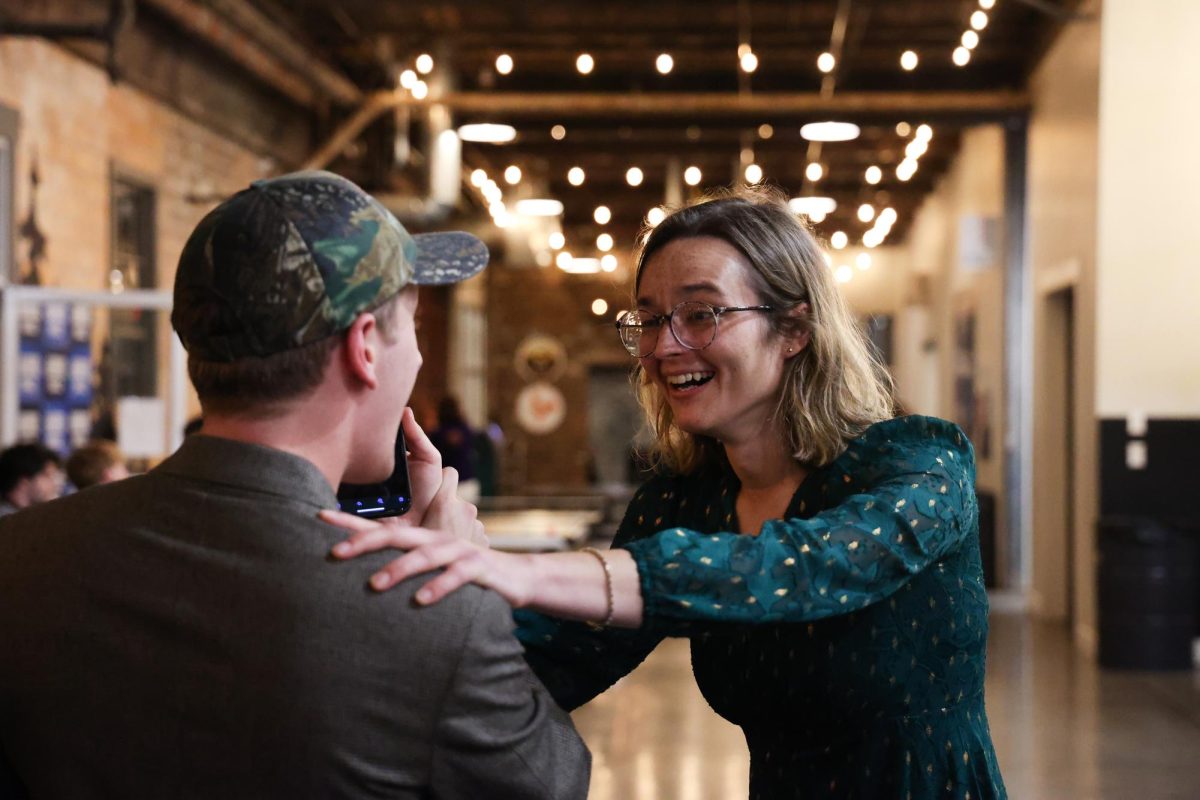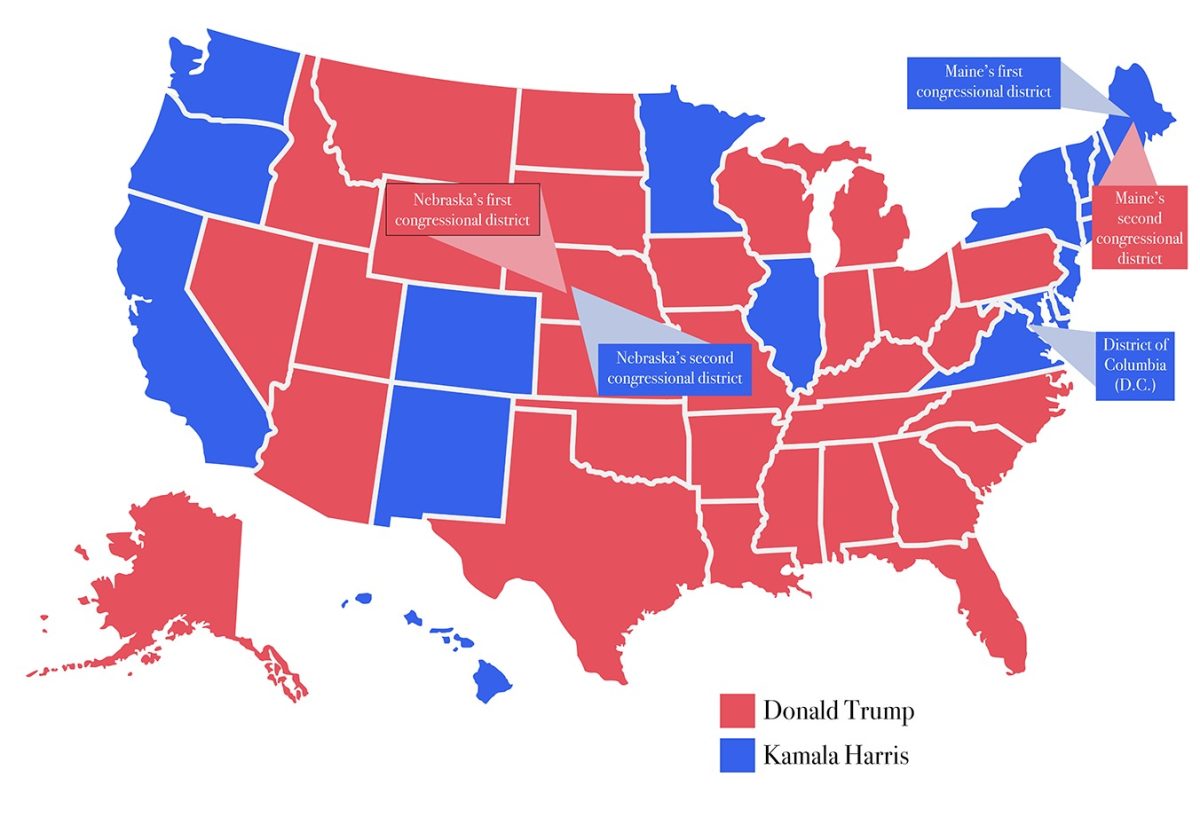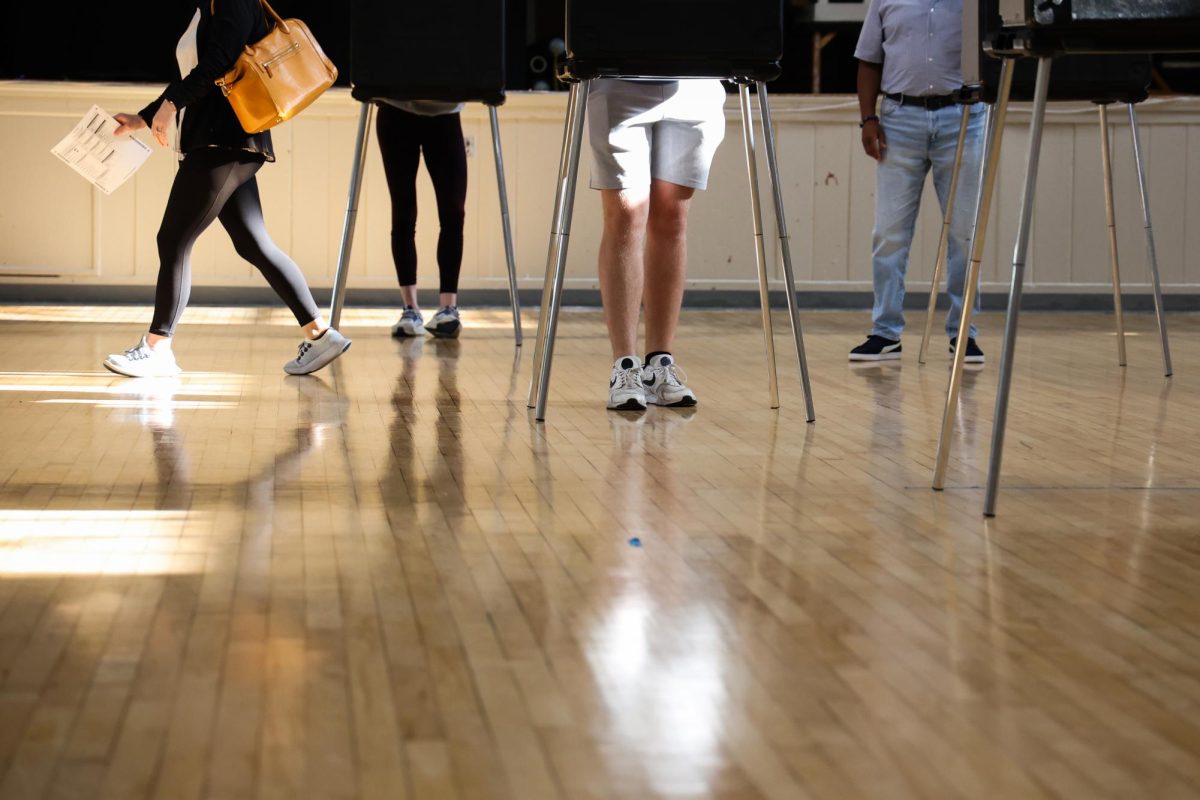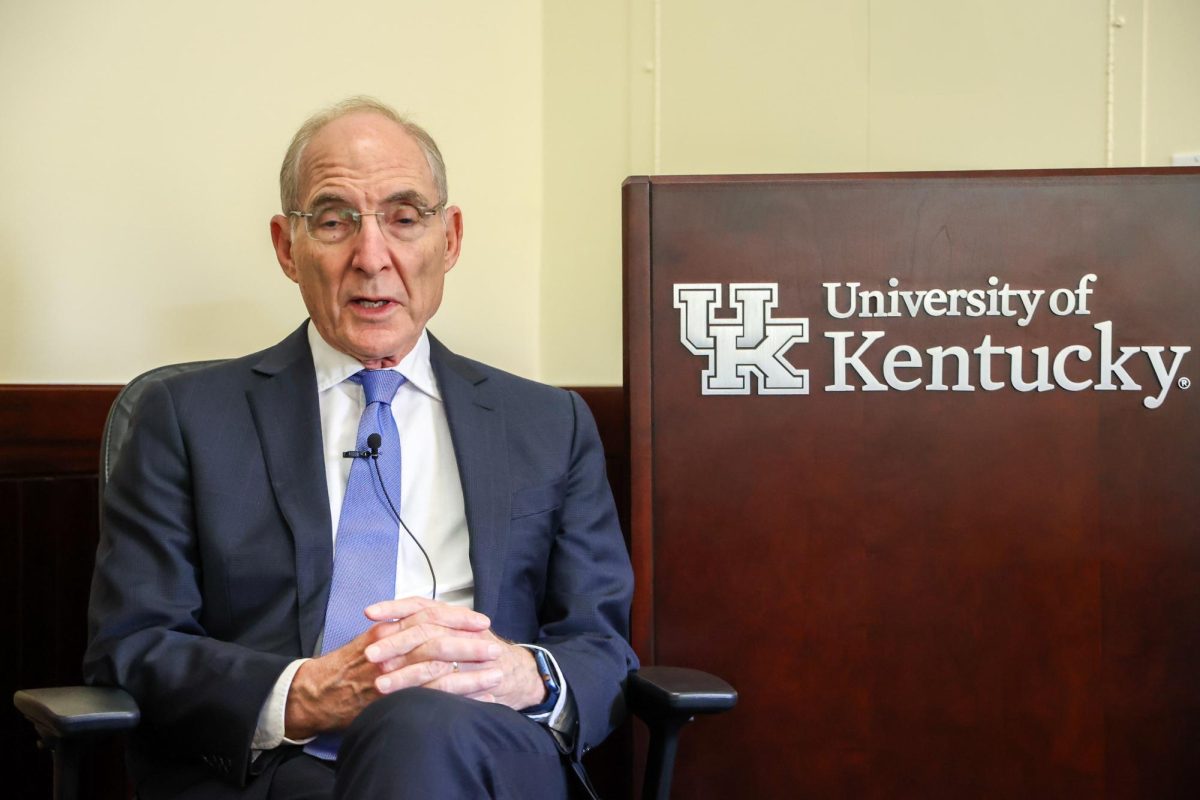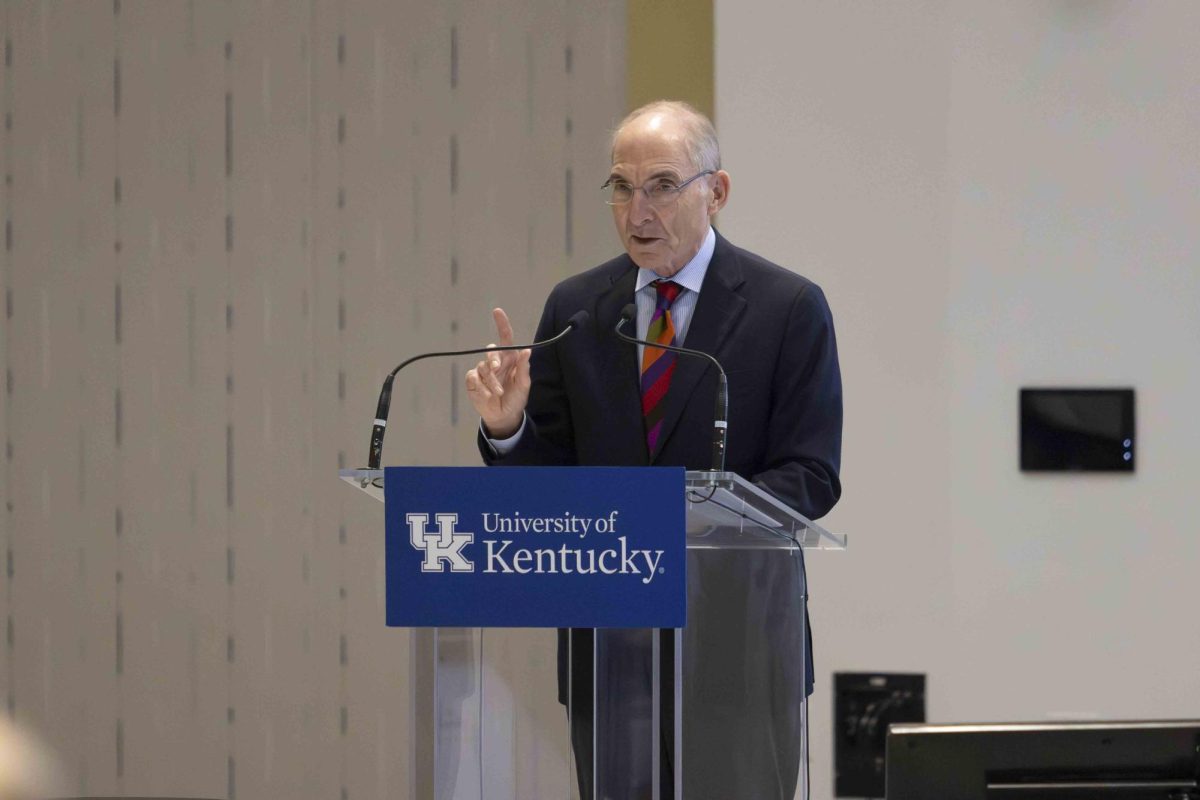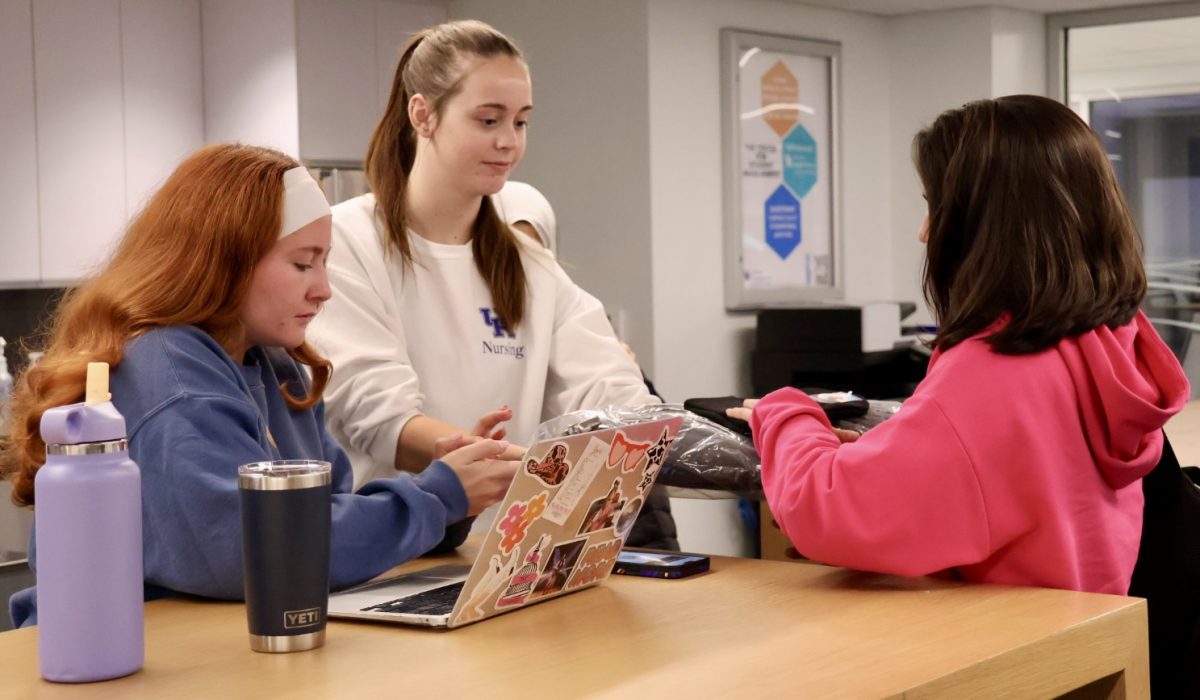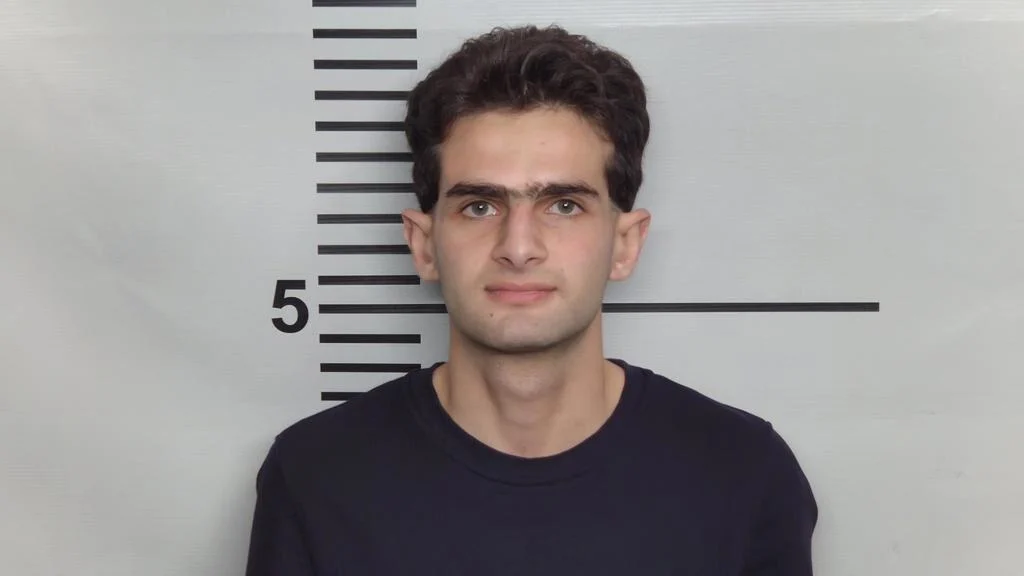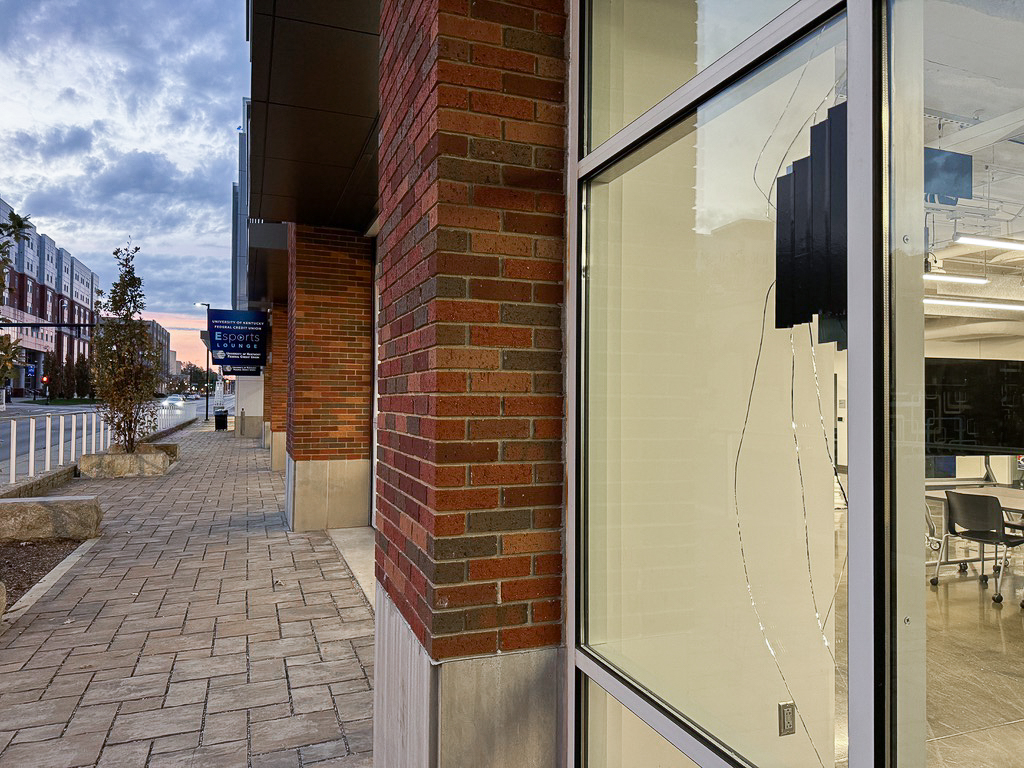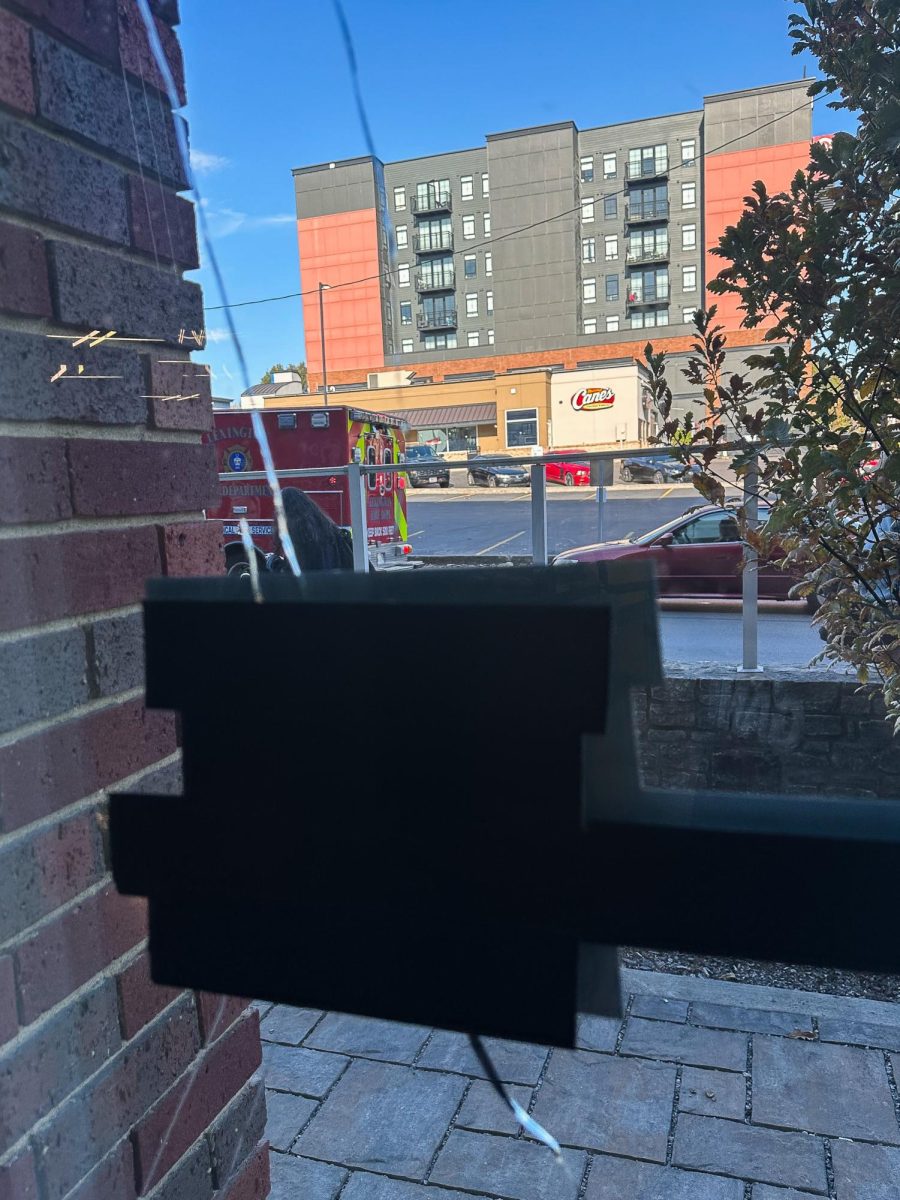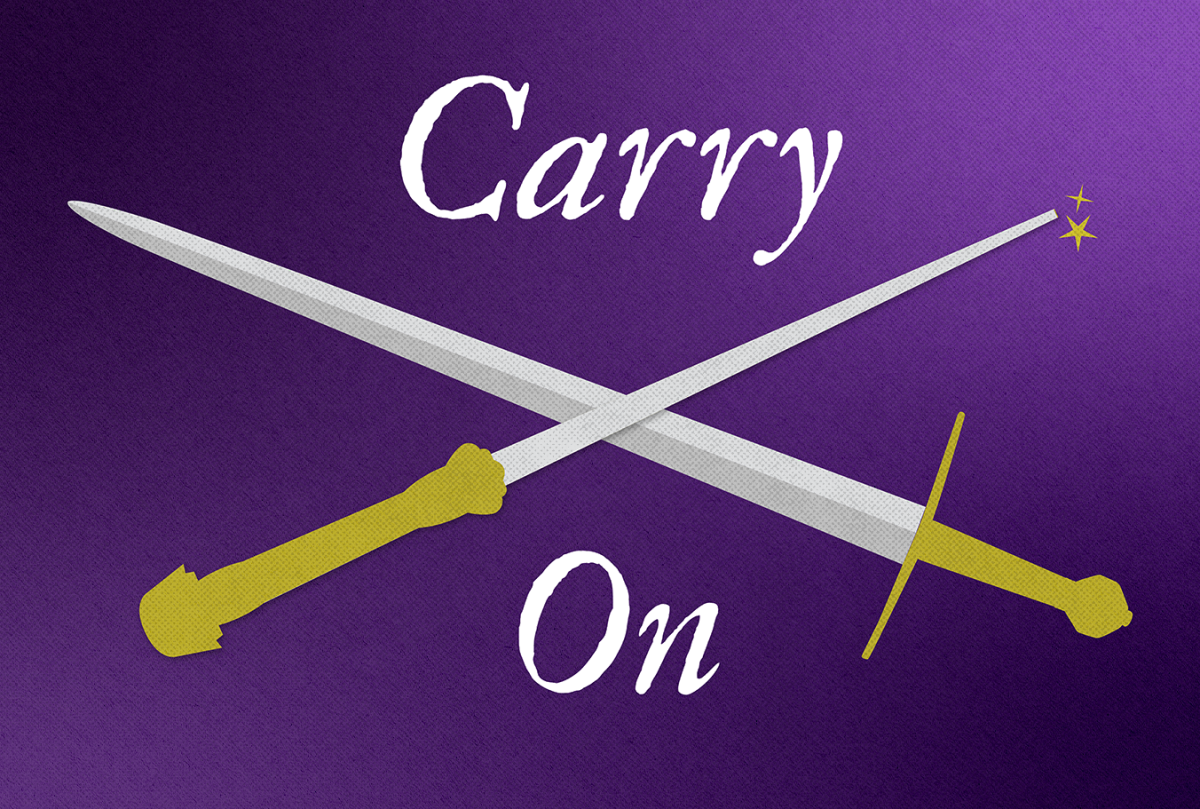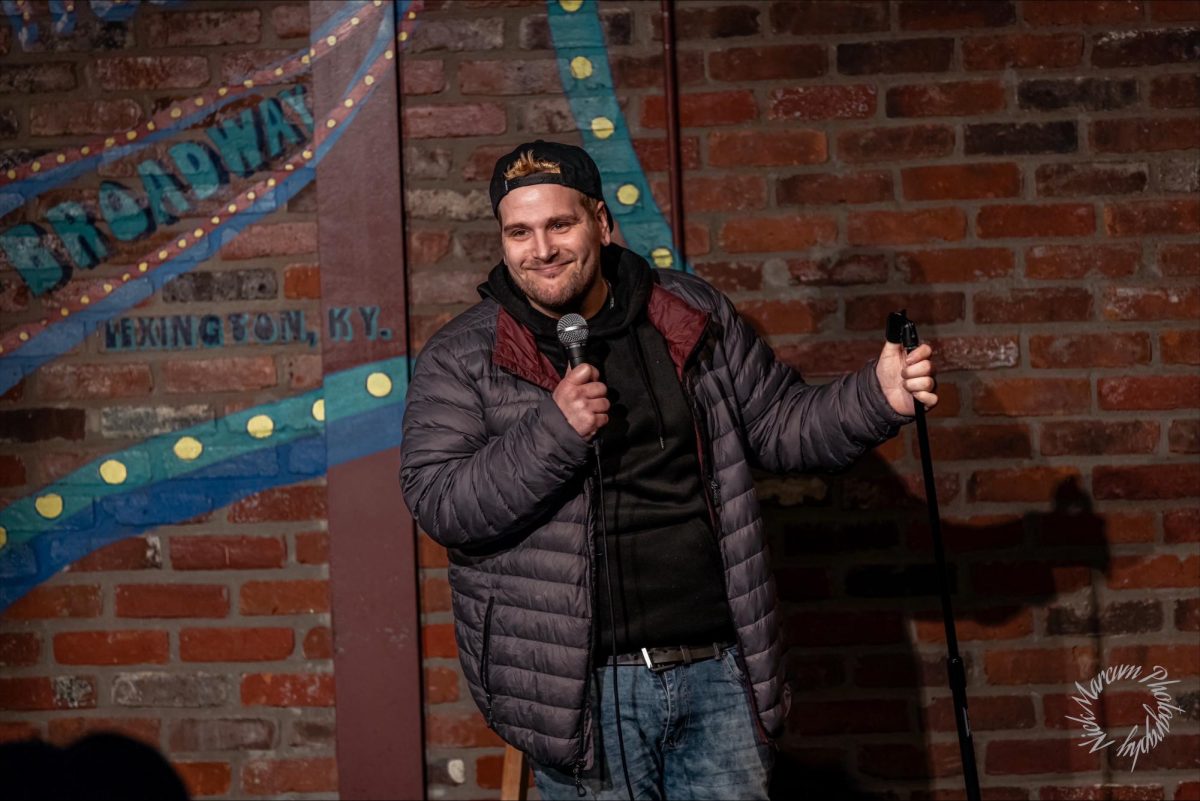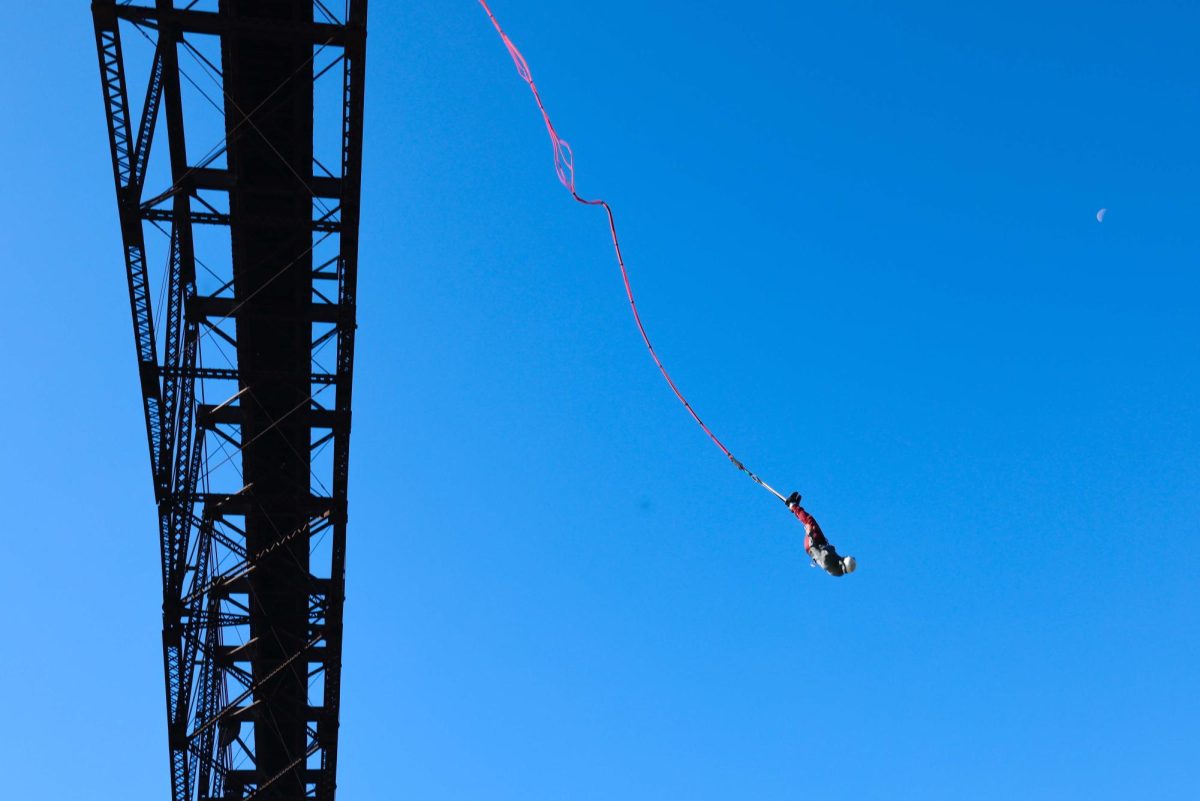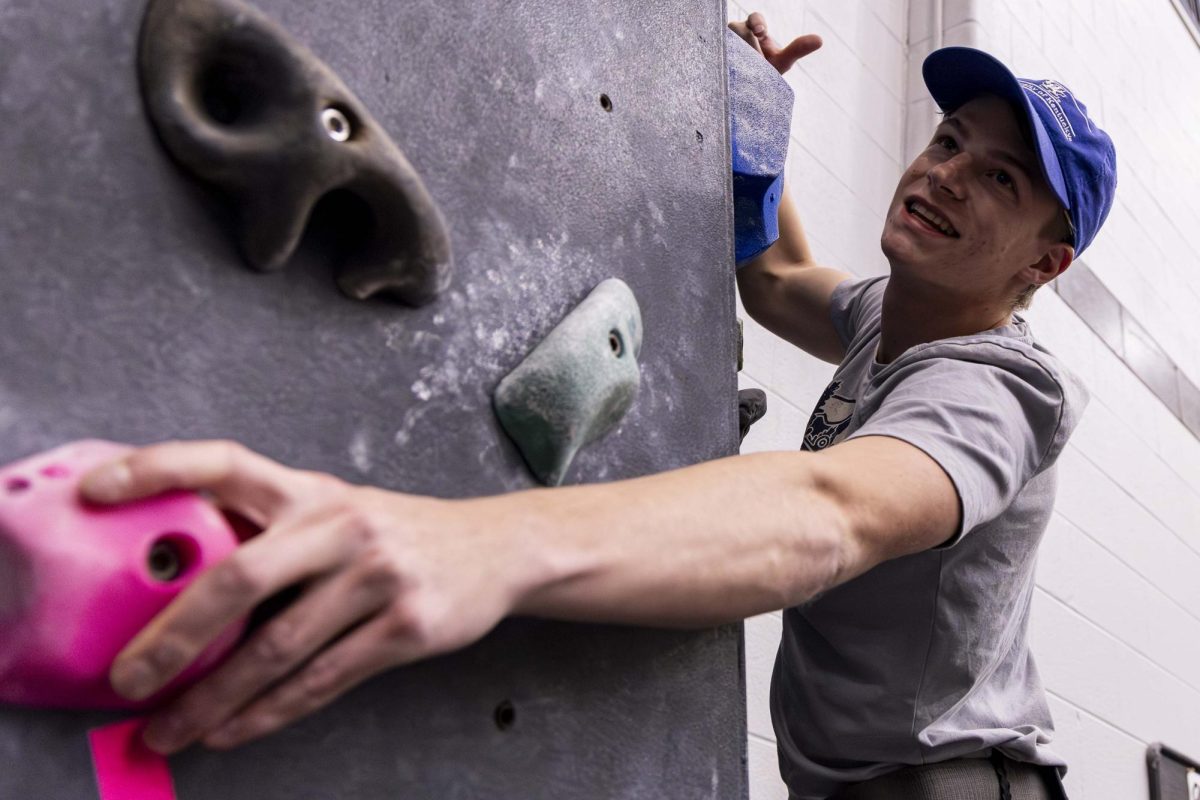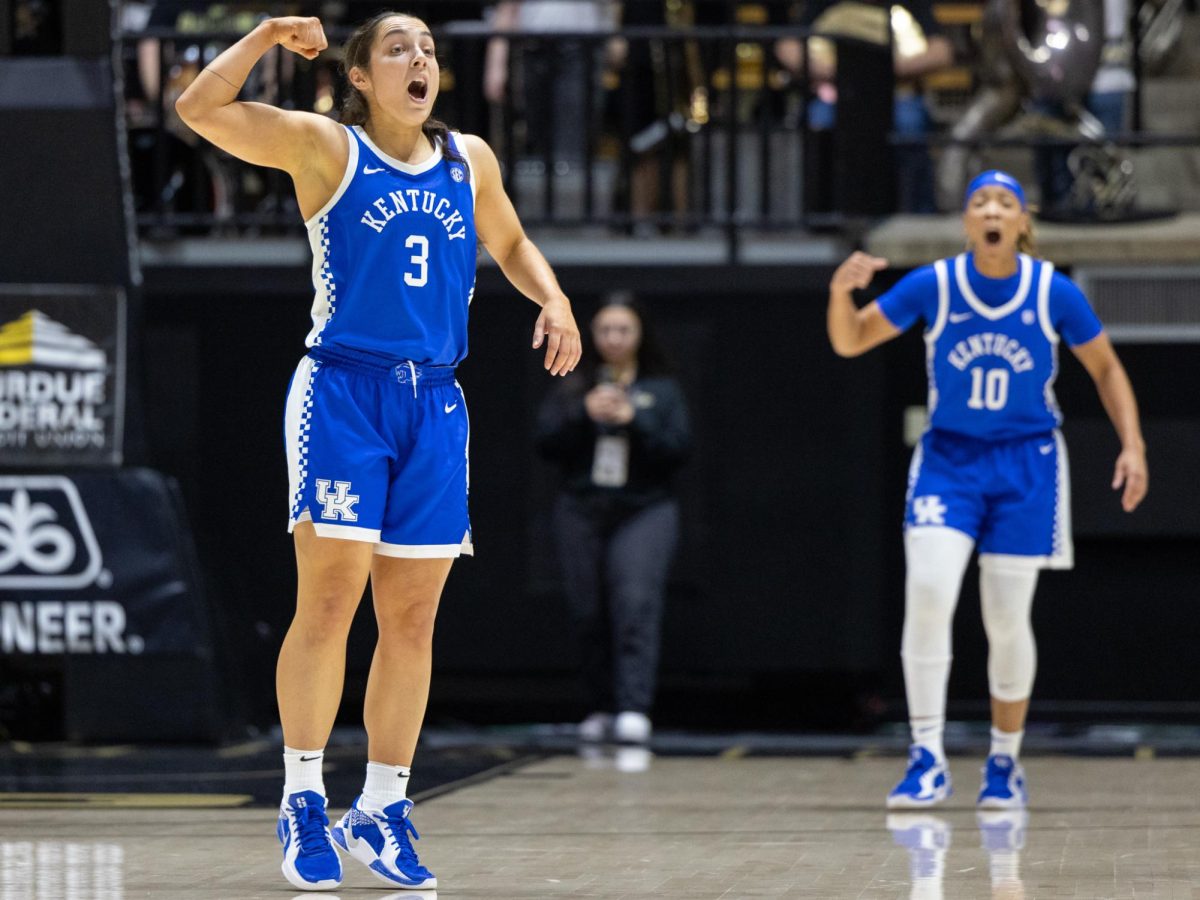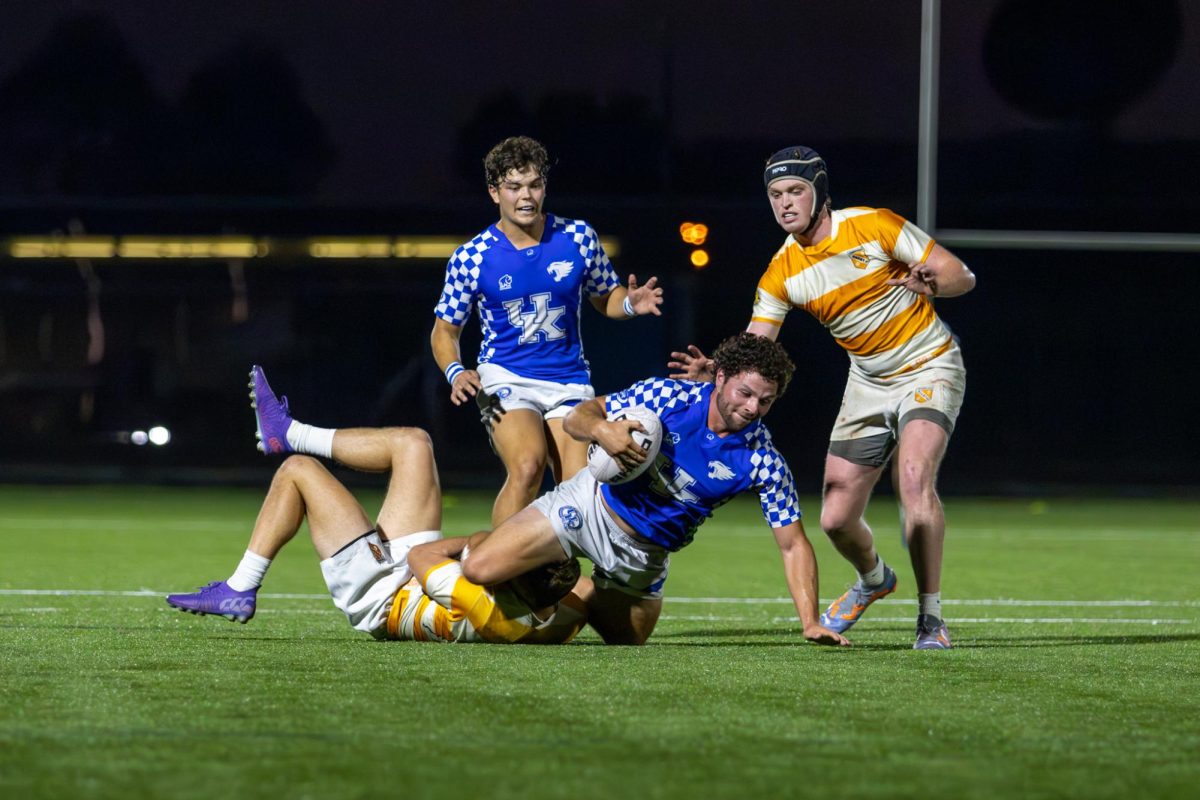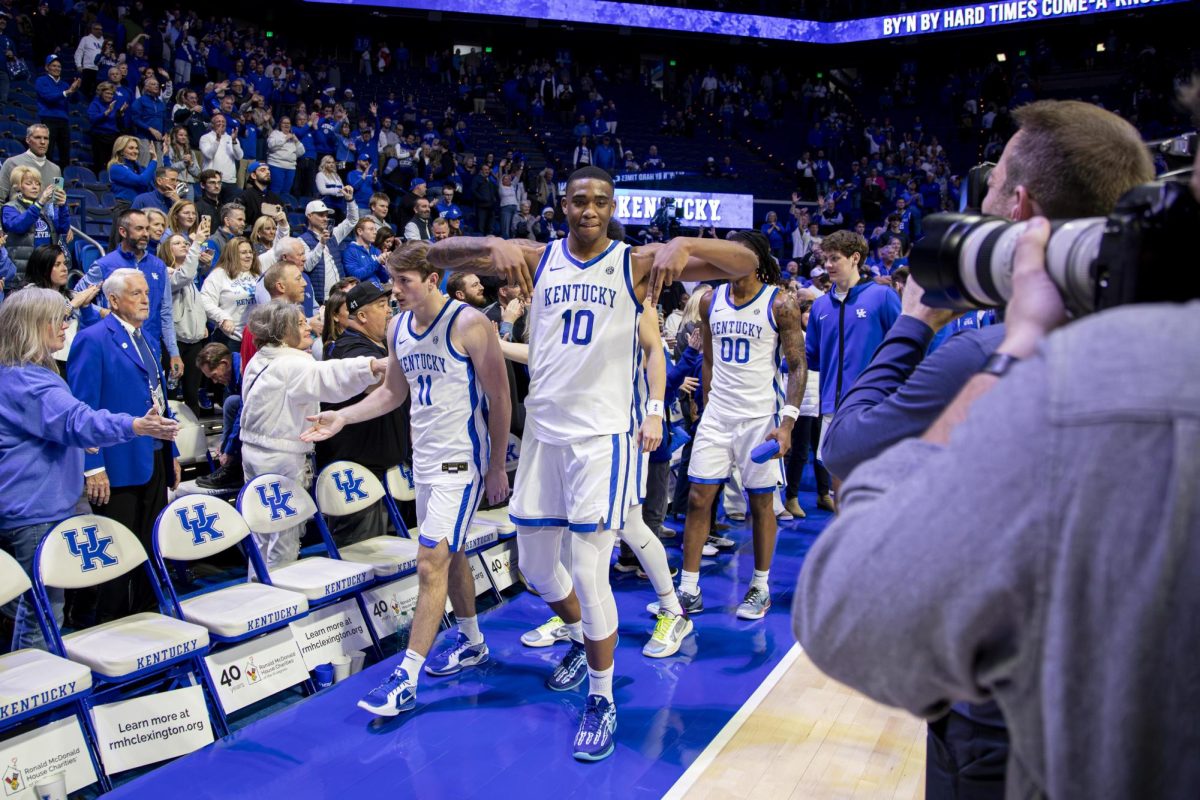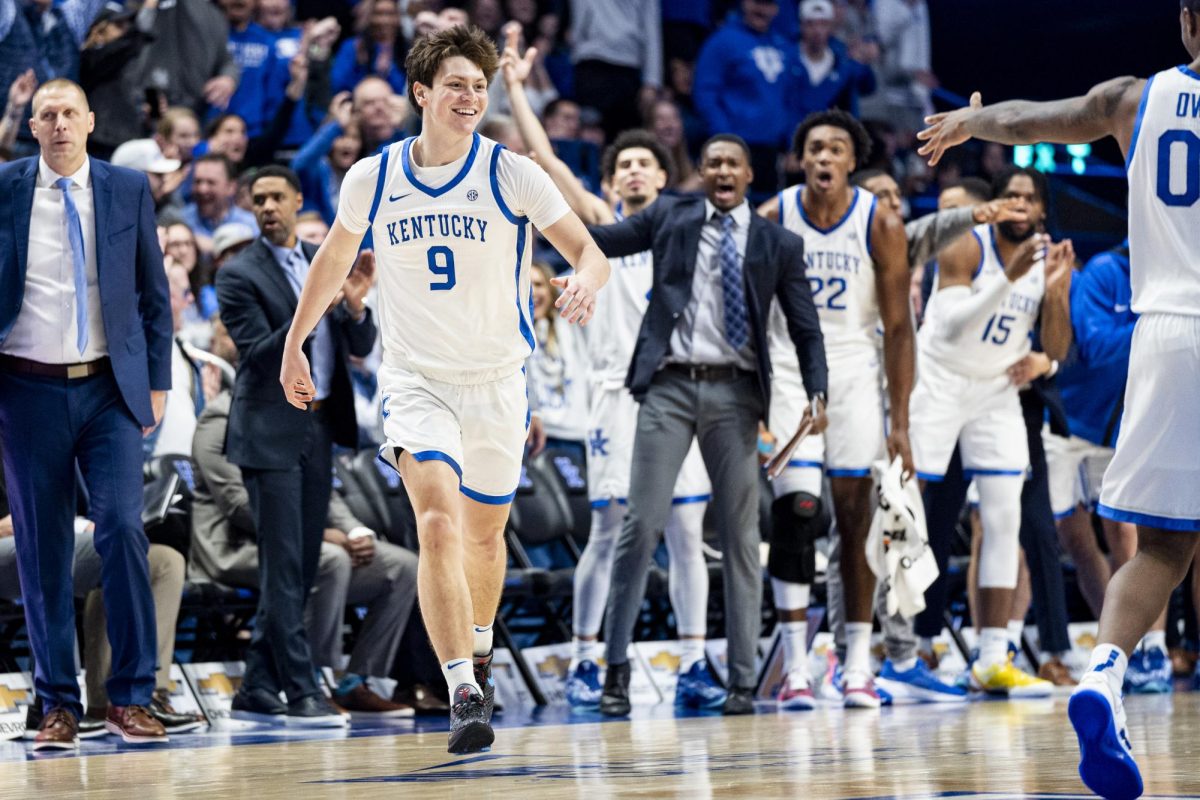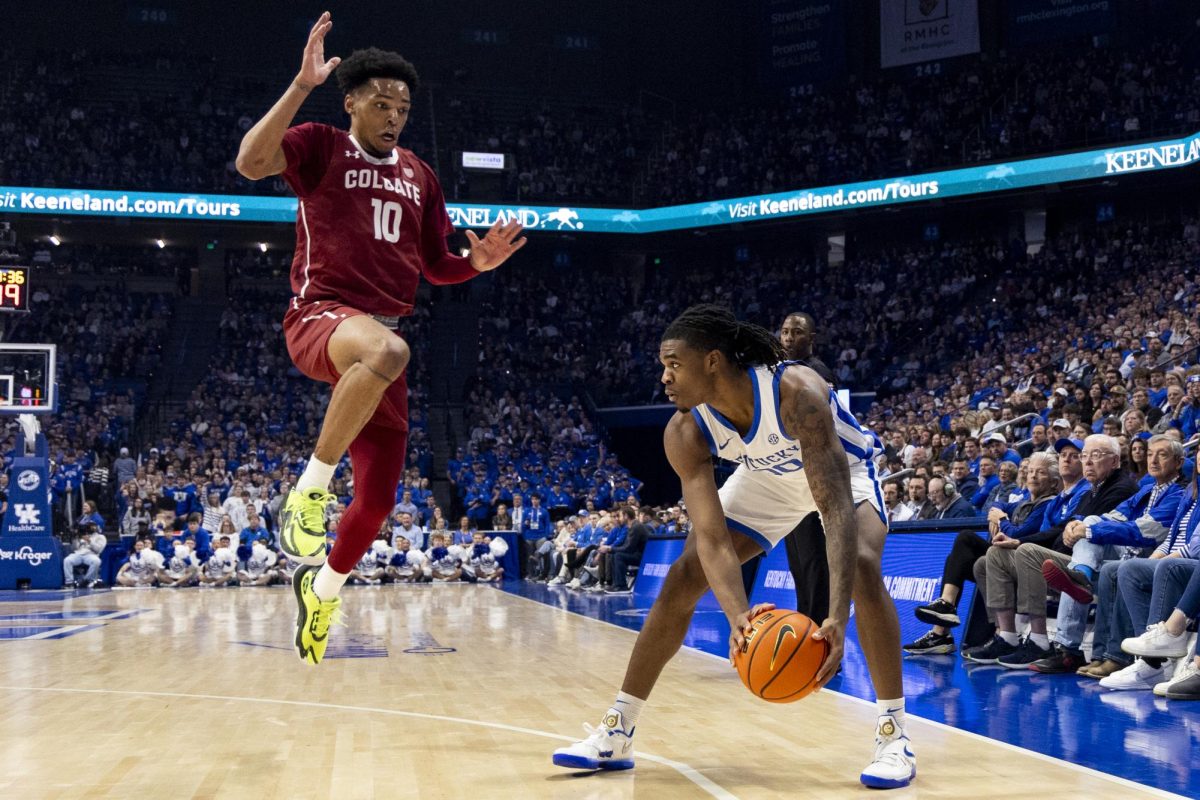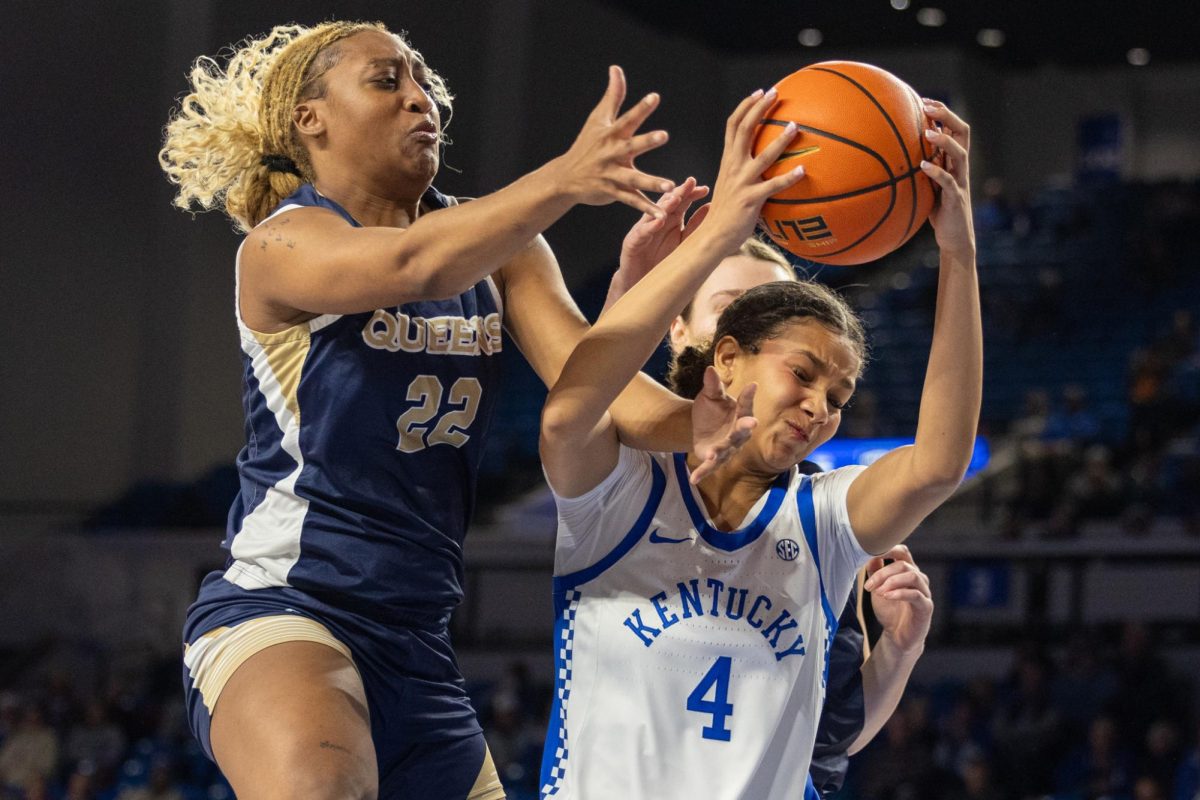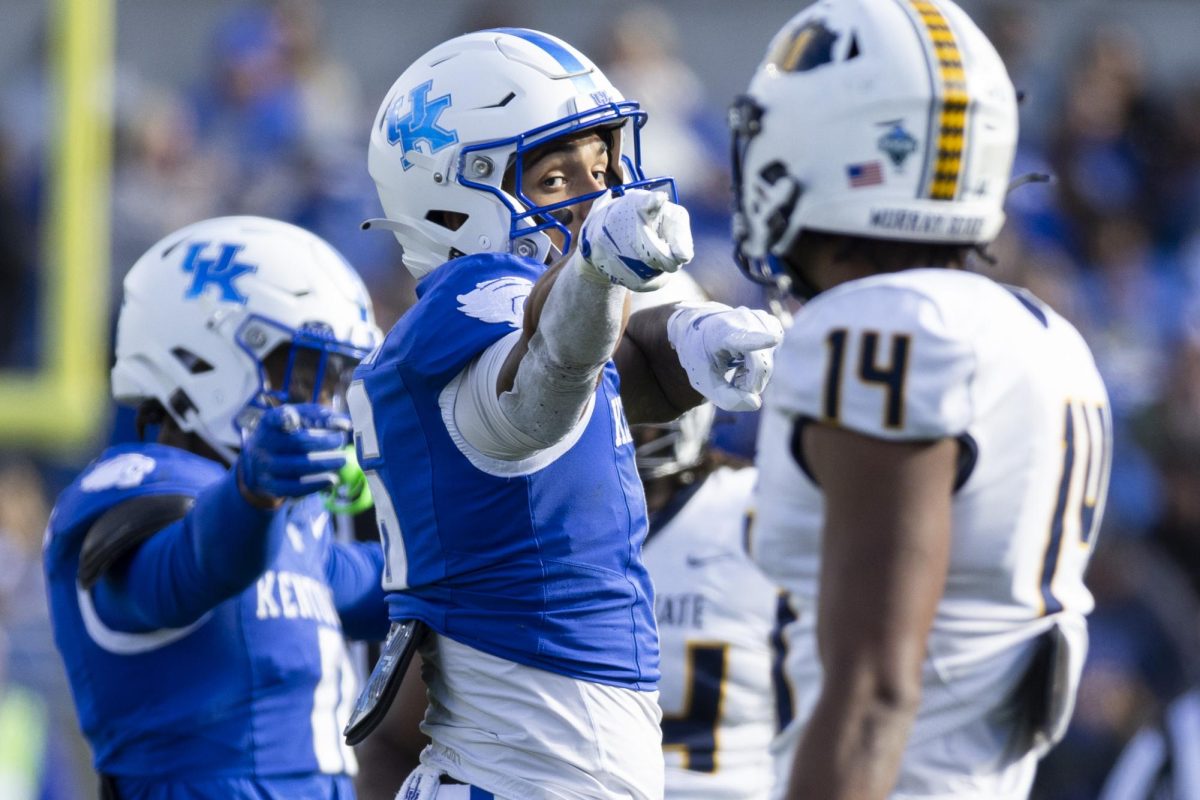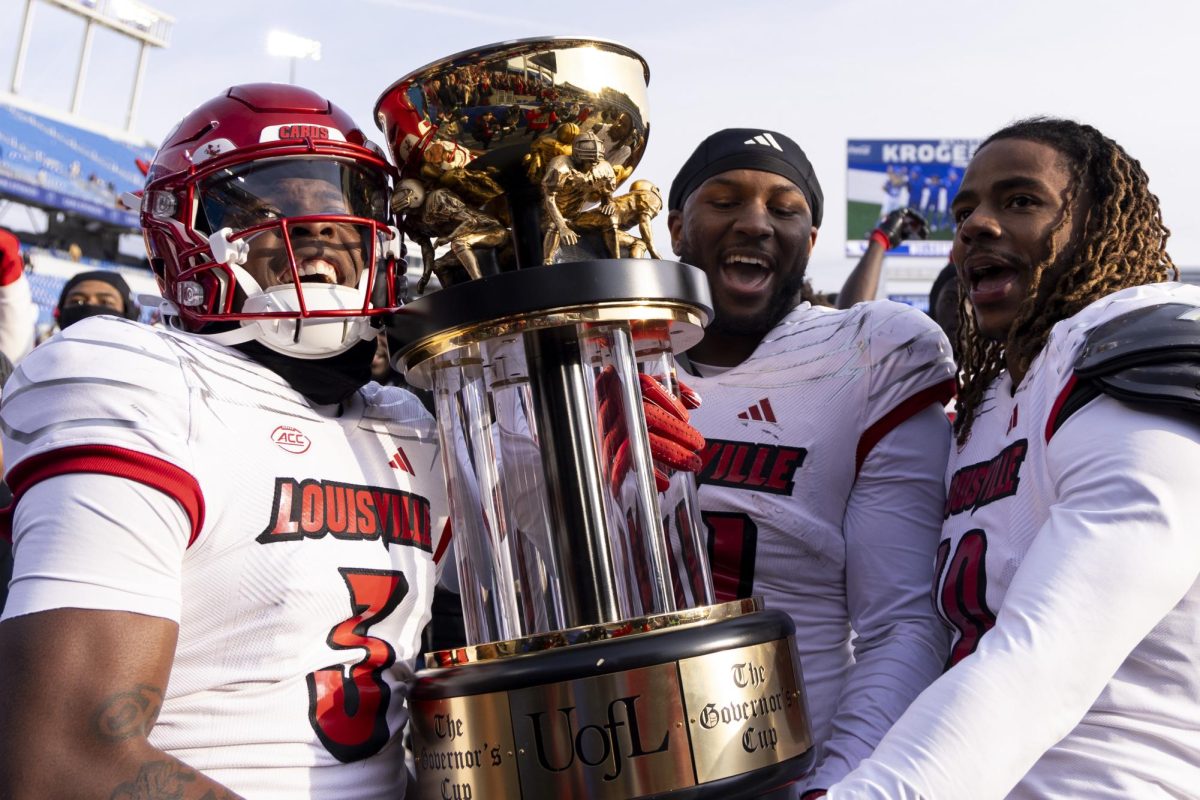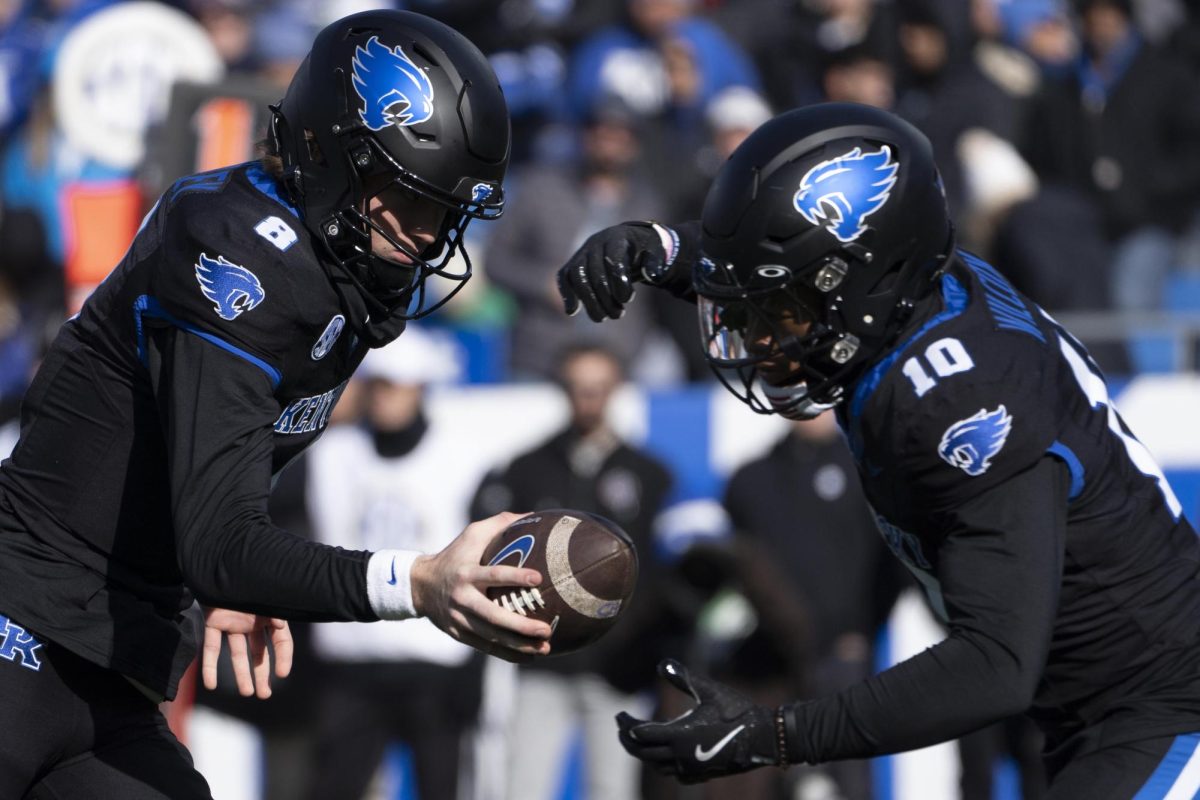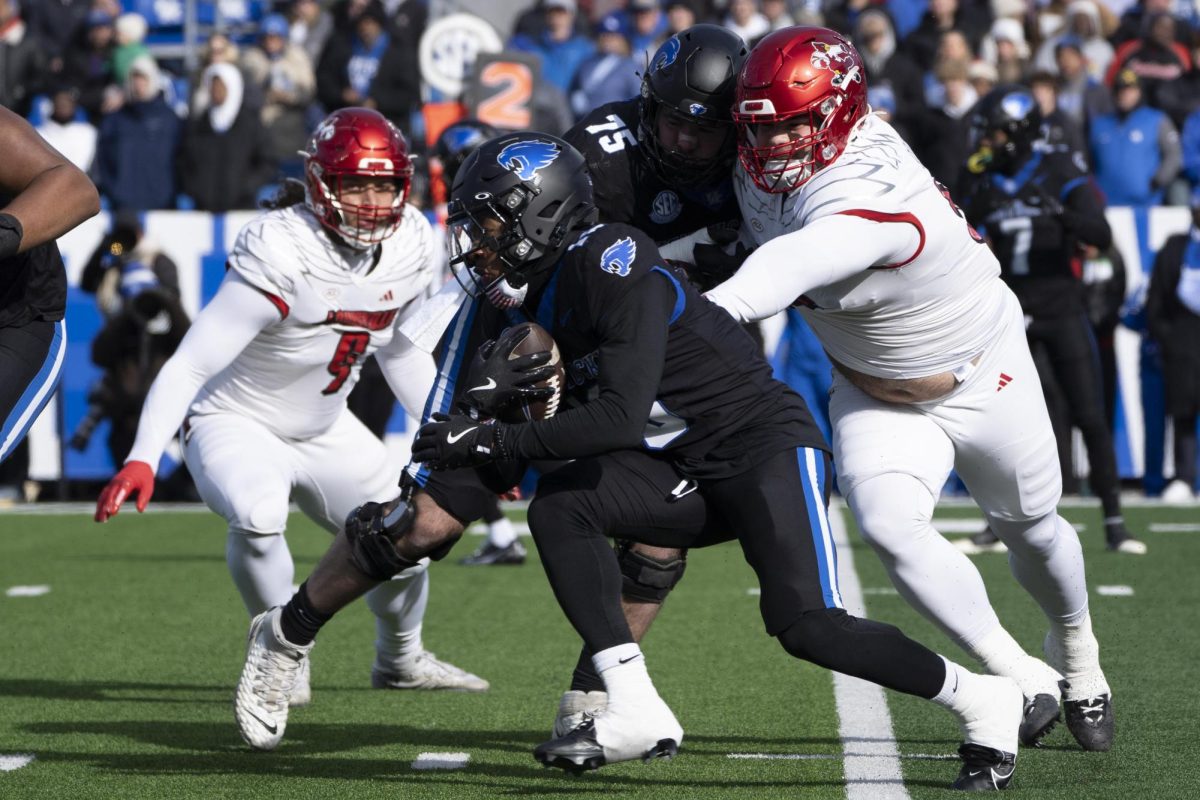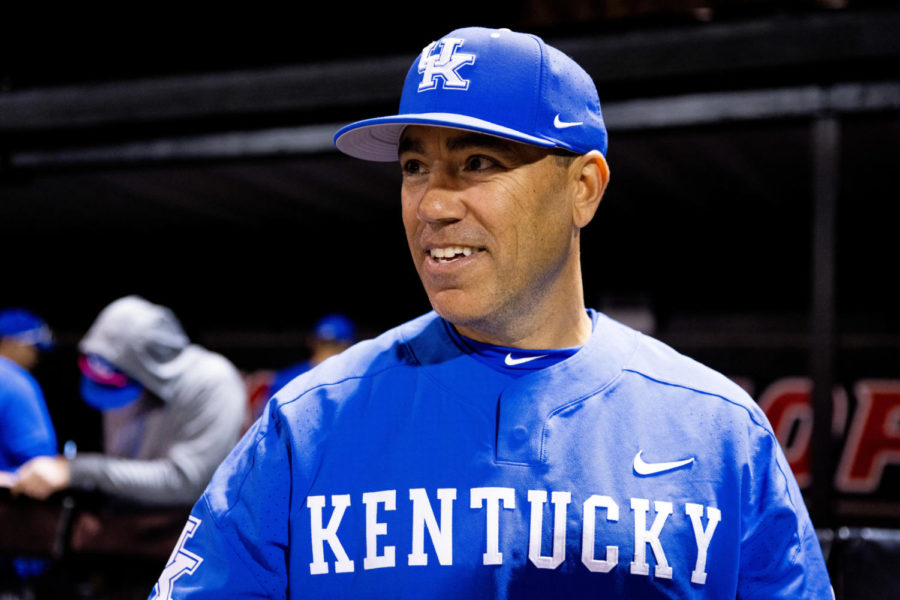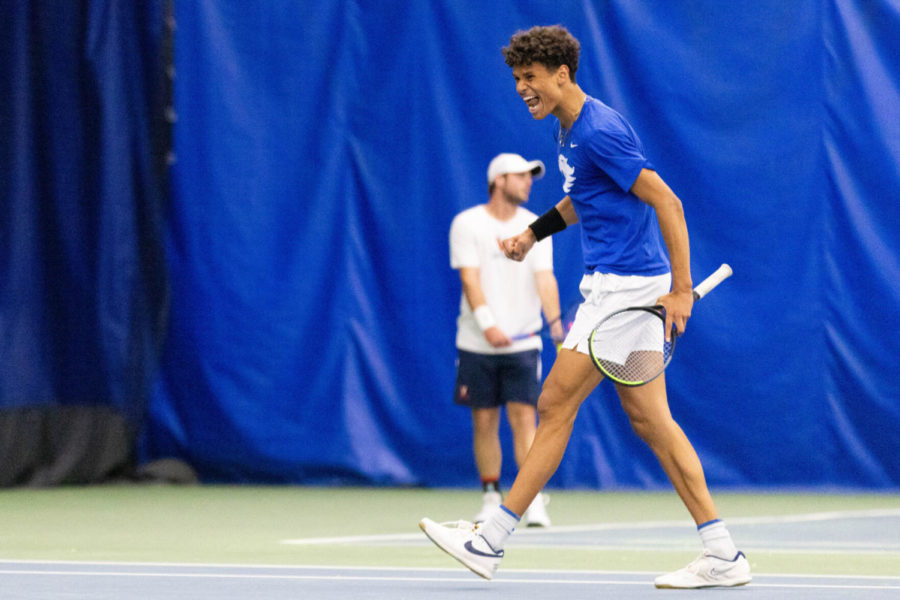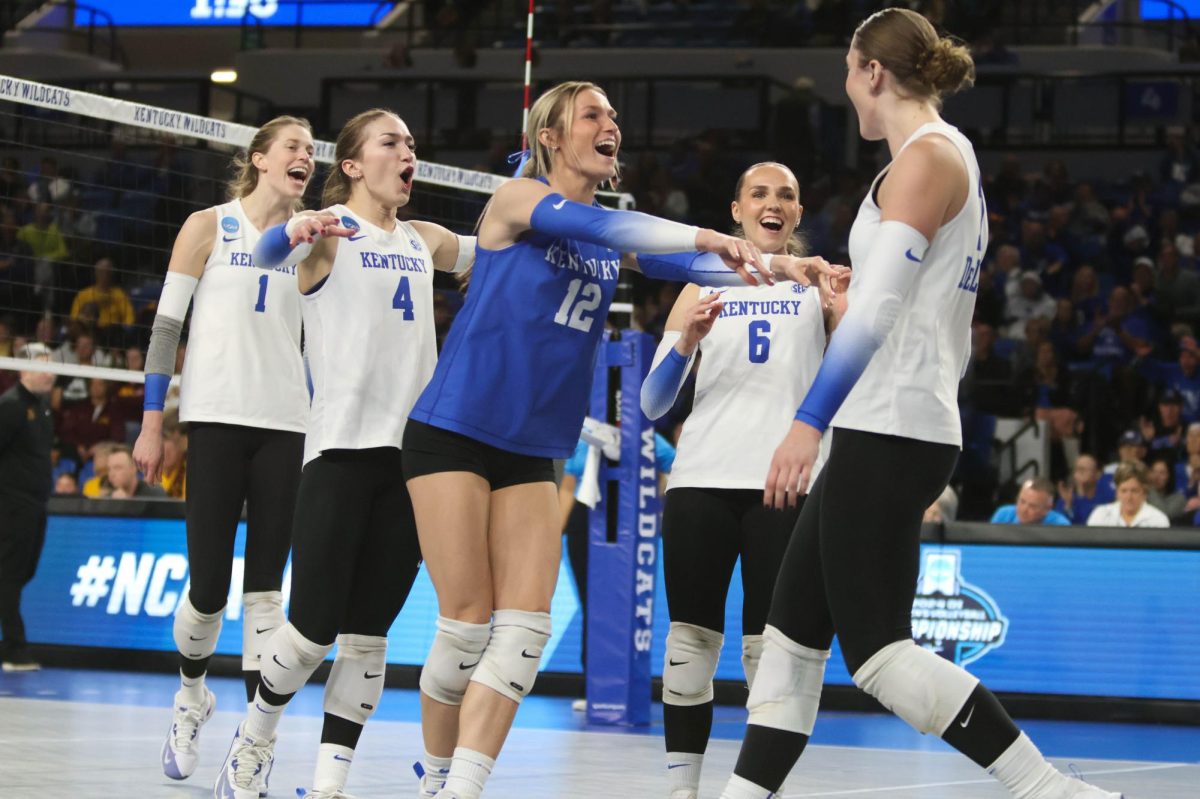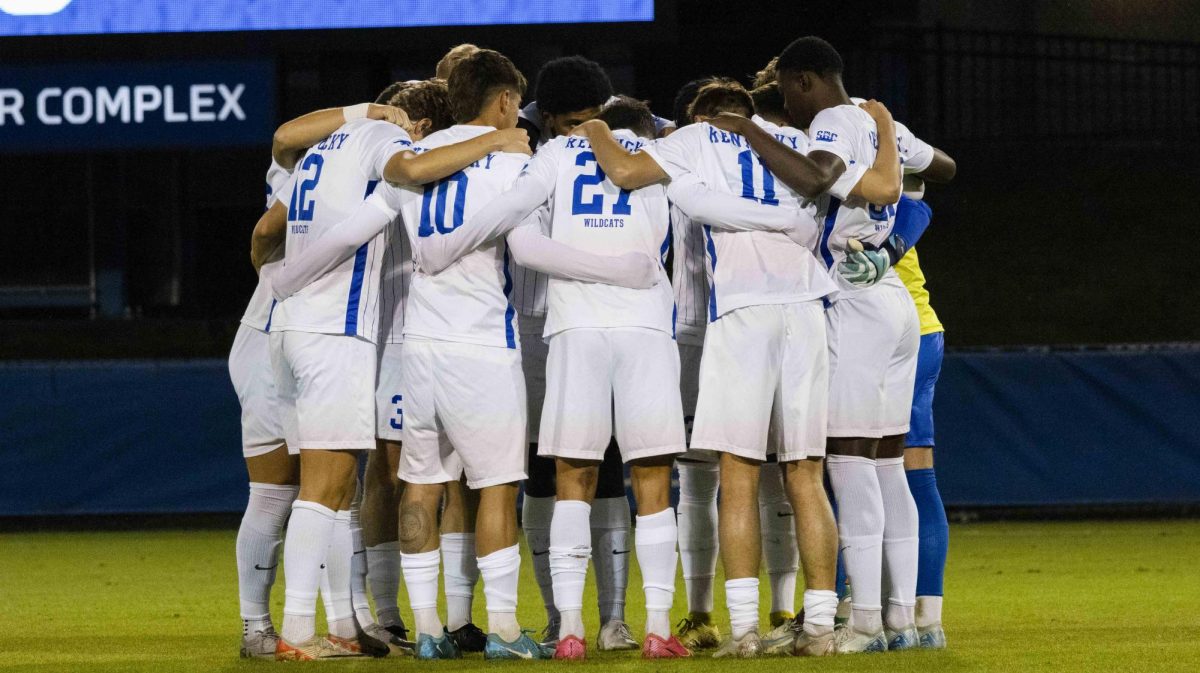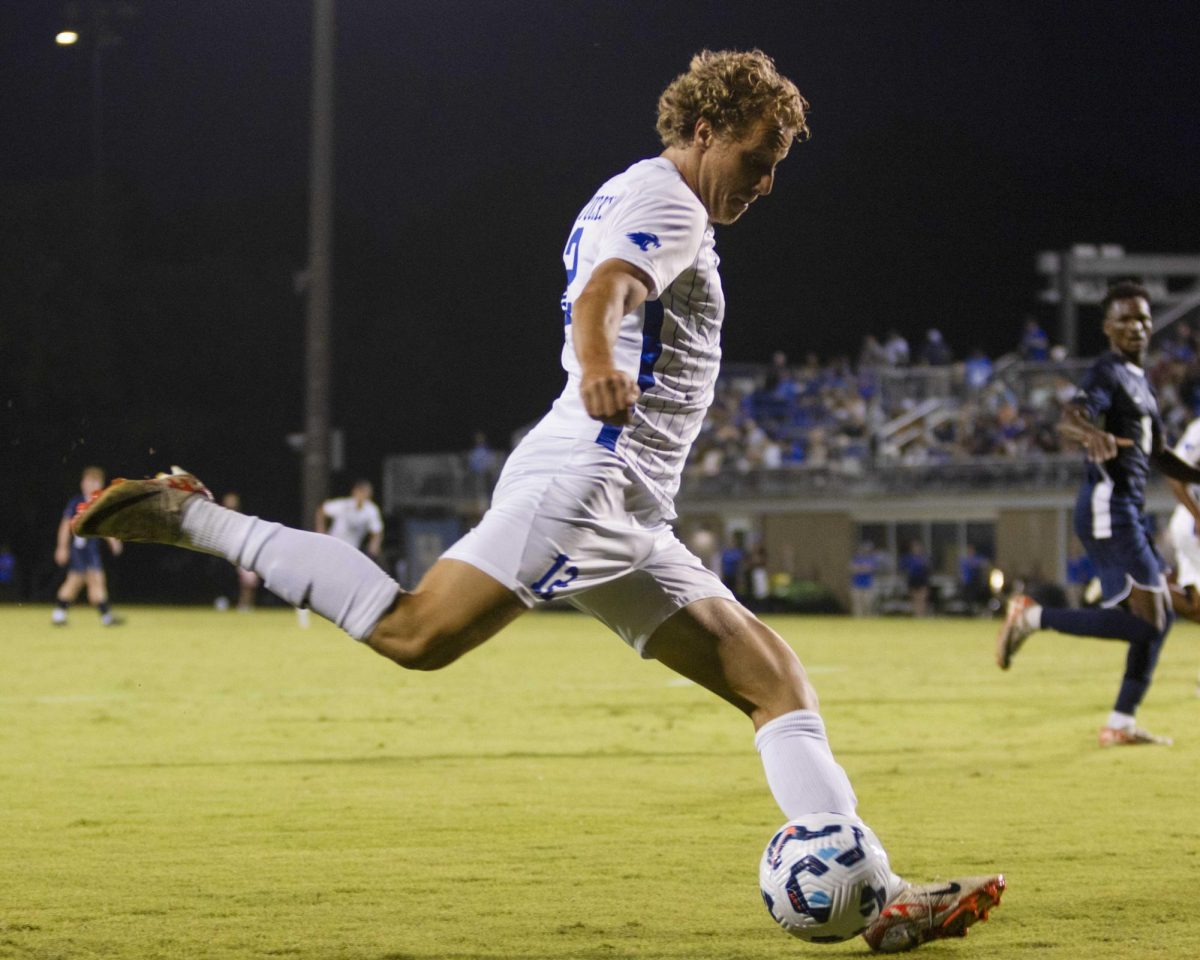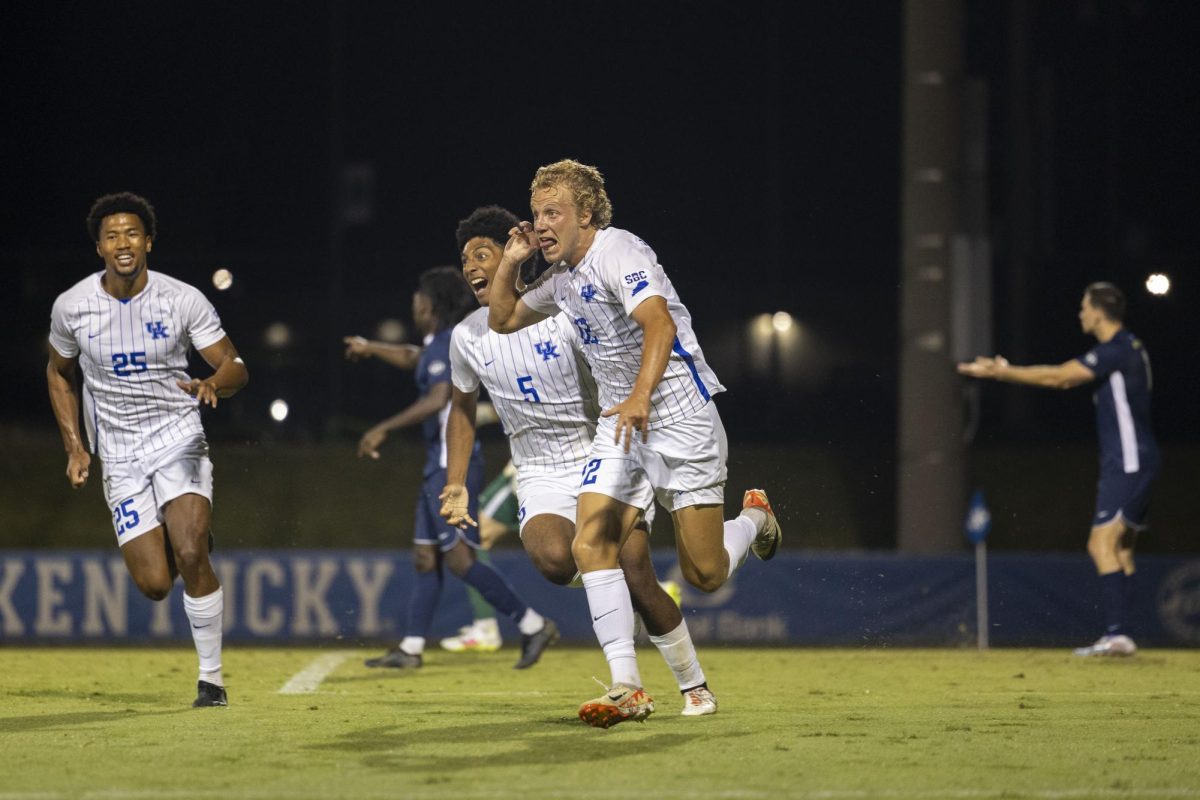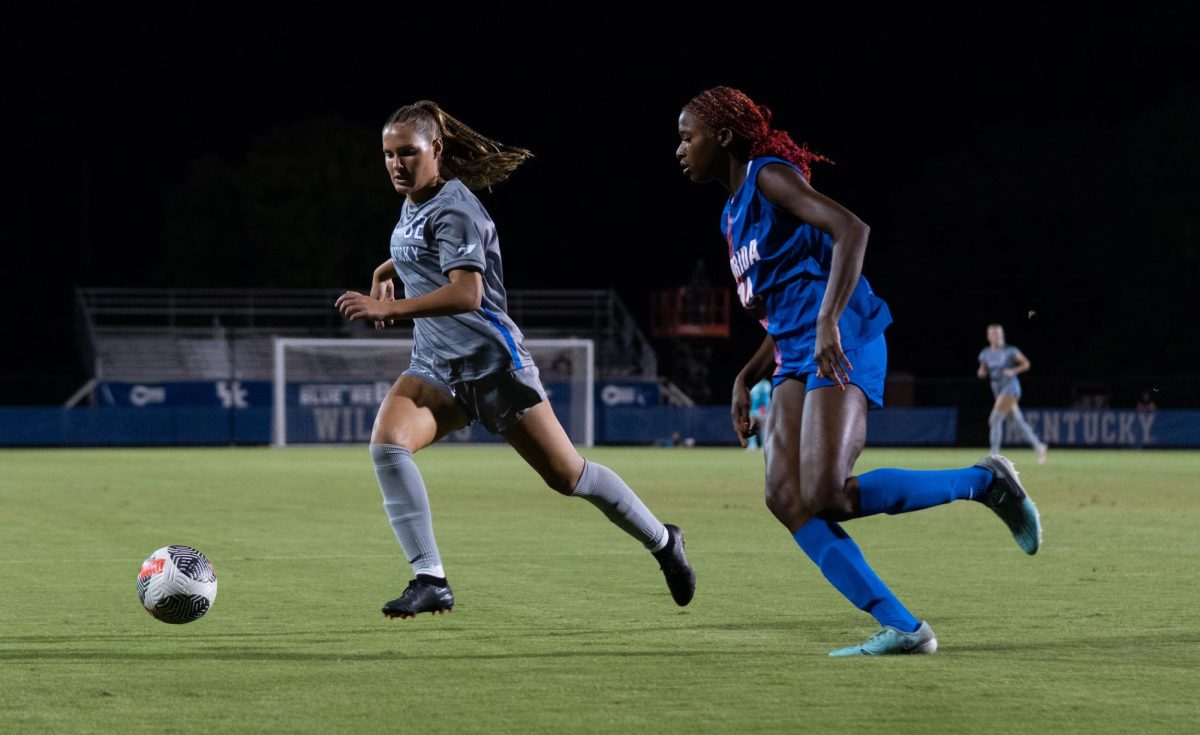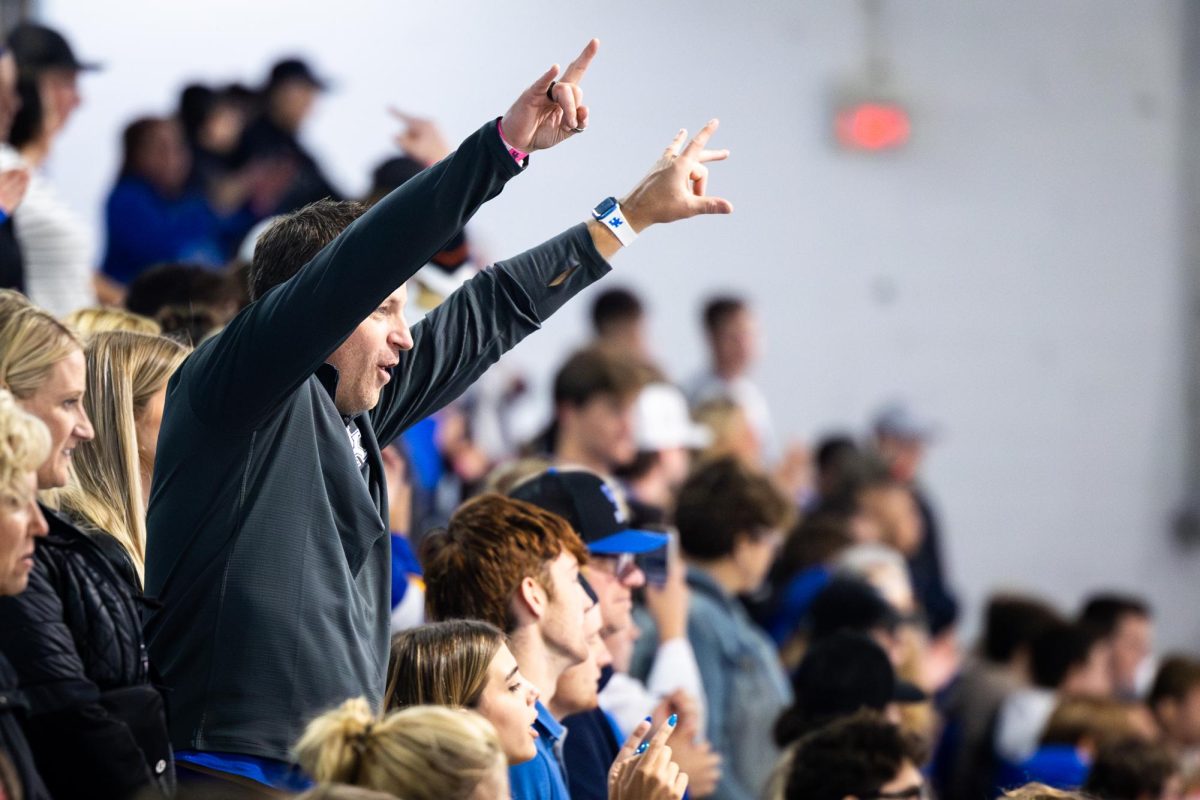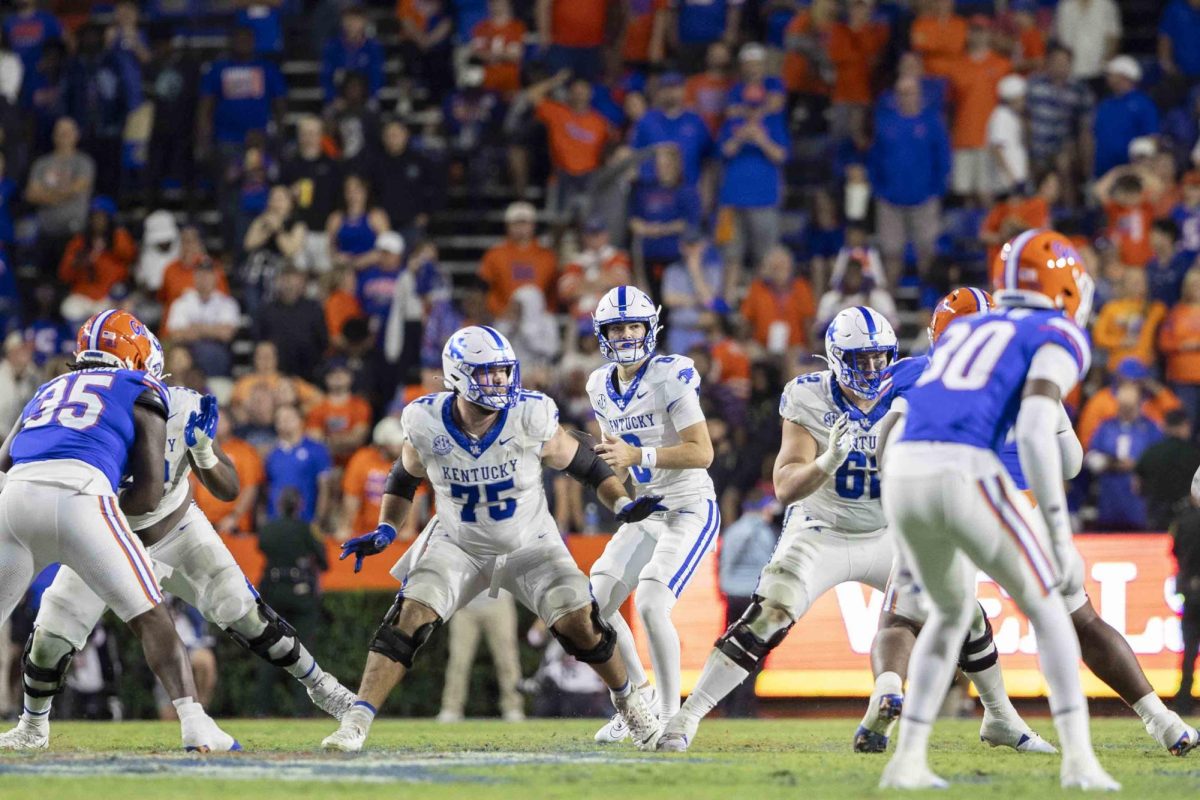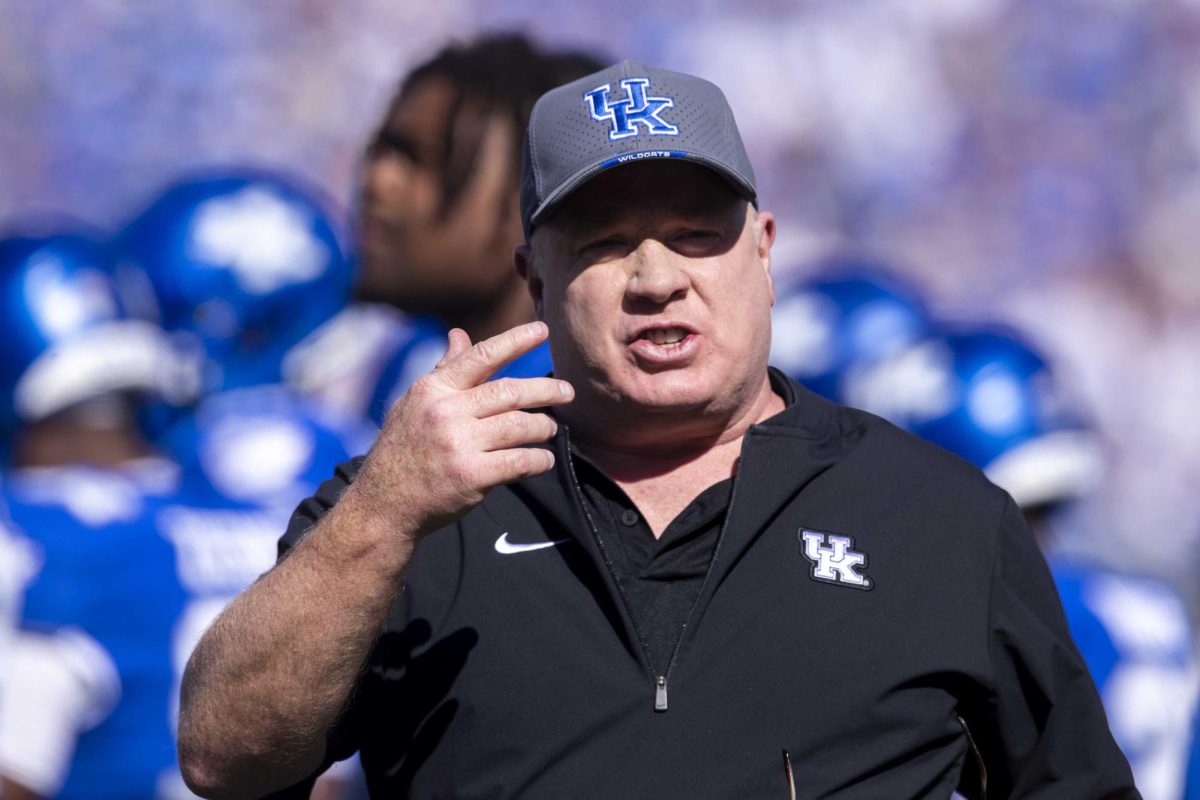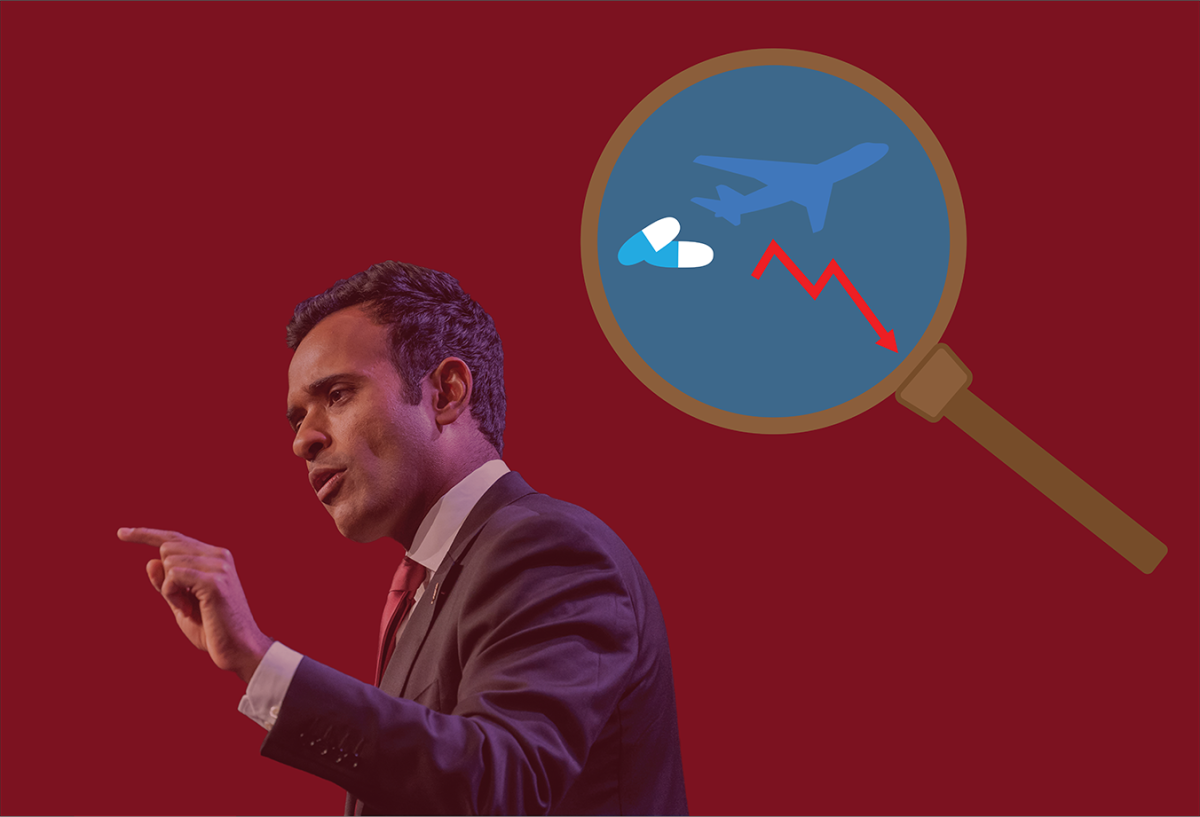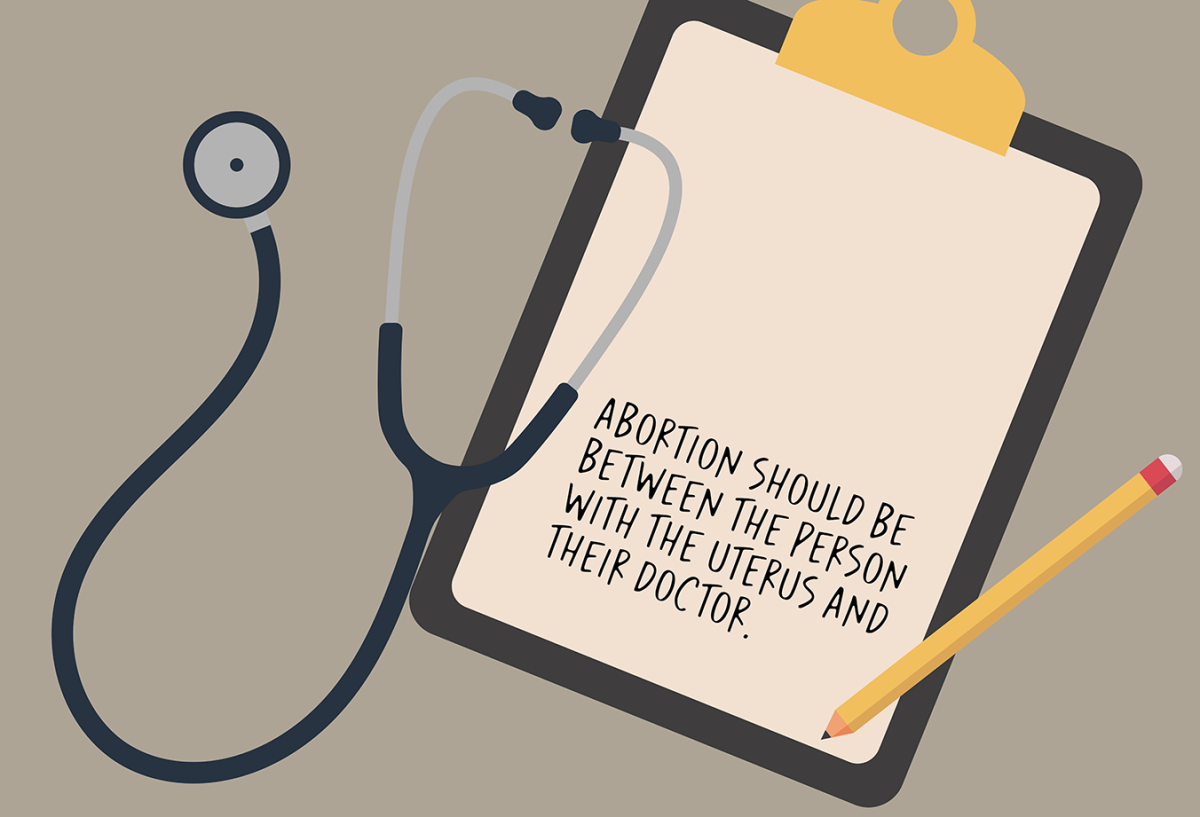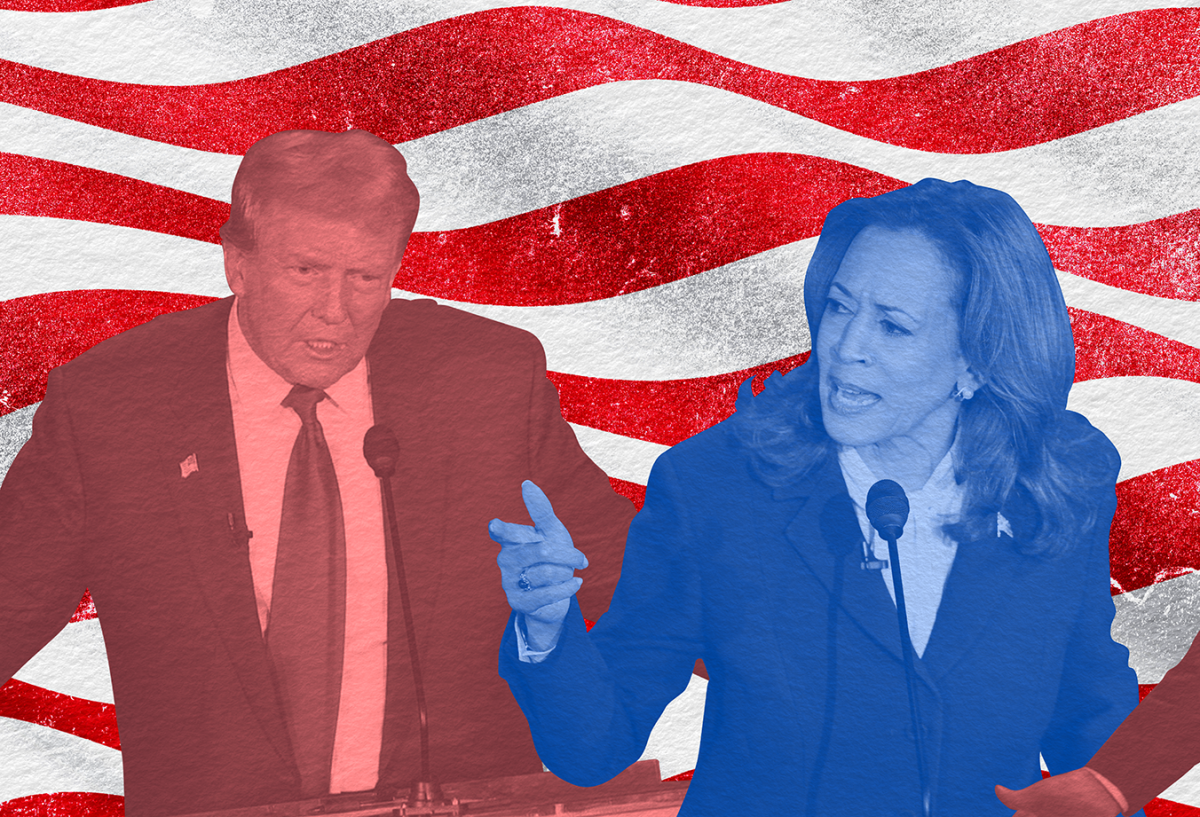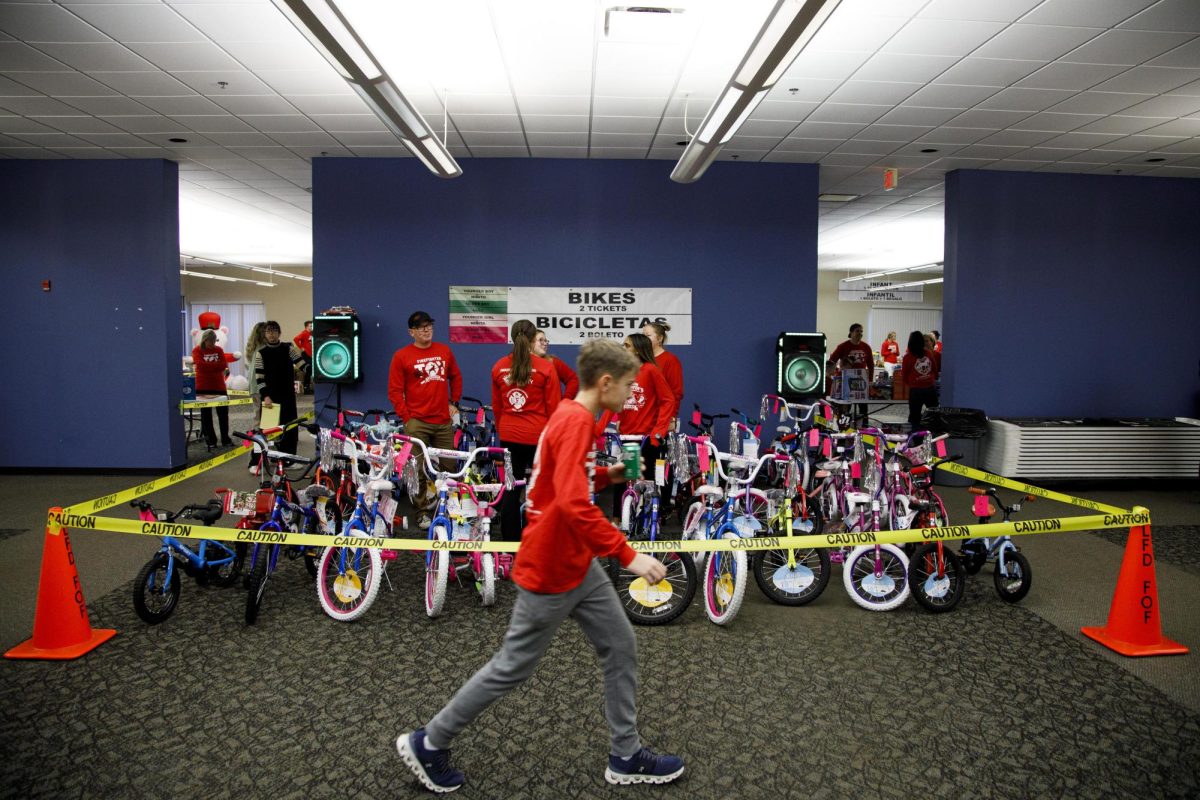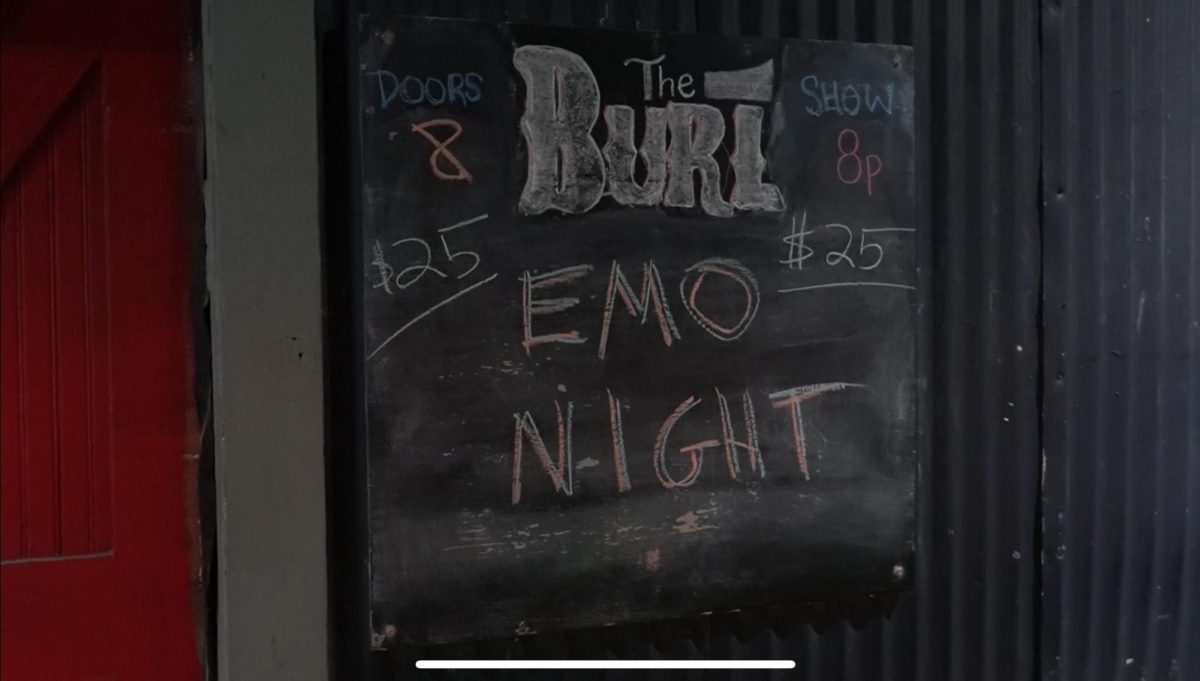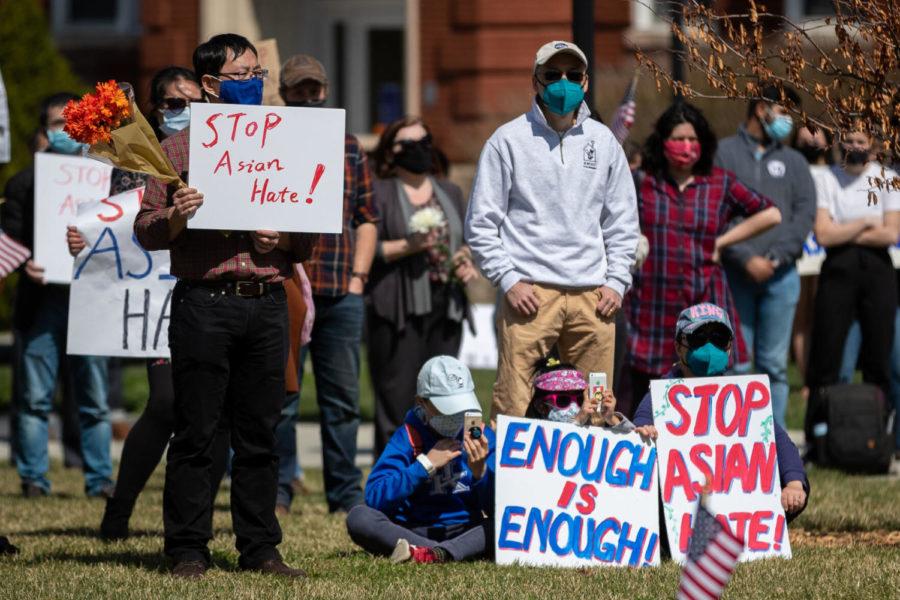‘Hate is a virus’: rally honors Atlanta shooting victims, raises voices of Asian Americans
March 24, 2021
As the clock ticked towards noon, members of the Lexington and Univ. of Kentucky communities gravitated towards the lawn outside of Memorial Hall.
Some carried signs; others brought flowers to lay on a designated table. Together, the hundreds of attendees showed solidarity for the #stopasianhate movement, which has swelled in response to a mass shooting Atlanta last week.
On March 16, eight people were killed by one man who target three massage parlors in Atlanta, Georgia. Six of the victims were women of Asian heritage.
The suspect, Robert Aaron Long, is in police custody and was charged with eight counts of murder. Investigators said the shooting is not a hate crime, but many feel differently.
“If you don’t define this as racism, then I don’t know what racism is,” said Lexington businessman Chaoxun Zhao at the rally organized by UK instructors.
Speakers and attendees alike shared Zhao’s strong reaction to the tragedy, including Dr. Keiko Tanaka, a professor of rural sociology at UK. She described the shooting as a “punch in gut”.
Faculty, student and allies gathered for the March 24 rally on UK’s campus to stand with the victims and say ‘enough is enough’ with anti-Asian sentiment in the U.S.
Physical and verbal attacks against Asian Americans have increased in the last year, partly as a result of authorities like former president Donald Trump blaming China for the pandemic and using phrases like “kung flu” and “Chinese virus” instead of COVID-19.
Stop AAPI Hate reporting center has received 3,795 reported incidents of harassment and discrimination against Asian-Americans and Pacific Islanders from March 19, 2020 to February 28, 2021. The center tracks and responds to incidents of hate, violence, harassment, discrimination, shunning, and child bullying against Asian Americans and Pacific Islanders in the United States. The vast majority of incidents reported concern verbal harassment.
But UK professor Tracy Lu said these incidents are not just a product of the last year, but a function of daily life for Asian Americans.
“People just walk by, even the elder people, seniors, it’s very – they don’t treat you as a human, we think. They just want to attack you and kill you, and that’s happening,” Lu said. “Not just from last year.”
Lu, a professor in UK’s Department of Retailing & Tourism Management, helped plan the rally in response to the Atlanta shooting, which she called “painful” and “heart-breaking.”
She said herself and the Asian American community wanted their voices to be heard.
“Just, ignite our motive to show our voice and we want you to unite, and then show that we are human, and then we we’re the same as everyone else,” Lu said. She was one of the speakers who addressed the gathered crowd.
So did UK MBA student Dr. Yan Xia, who related an anecdote about his two children. They like to play superheroes, Xia said, so he told them he would be a superhero today by speaking for them.
Dr. Huajing Maske, executive director of the Office of China Initiatives, also addressed the crowd while holding a ‘Hate is a Virus’ sign.
“Unfortunately, there is not vaccine out there for this virus yet. But I want everyone who are here today to know that each one of you can be the vaccine,” Maske said to the crowd.
Multiple speakers called on the community at large to stand in solidarity with Asian Americans.
“We are what we are, demand respect for being who we are and who we want to be,” Tanaka said to the crowd. “Please let us not forget that we are here to celebrate unity in purpose and unity in building the future where all persons are treated equal.”
Assistant professor Edward Wang from the College of Engineering said anti-Asian hate is an issue that should concern everyone.
“It’s not about a fight about just one race. It should be an all race fight,” Wang said. “… [It] can not only be changed by the Asian group. It should be changed by the entire community.”
Lu said members of Korean, Indian, Vietnamese and Black student groups all contributed to the rally planning in a show of solidarity.
Wang said UK faculty and administrators showed a great response to the event, approving it and sending the provost and diversity officers. He hopes the UK community will stand in solidarity with Asian Americans in the face of this violence.
“We need to show we are strong, and we are not afraid of anything, either,” Wang said.
UK’s administration signed onto the event Tuesday afternoon and the President’s office provided the microphone and sound equipment for today’s rally.
Provost David Blackwell was one of the speakers from the administration.
“Our Asian and Asian-America community members make us stronger. They make us better. We stand with them in solitary,” Blackwell said.
In recent weeks, the university cut ties with one of its cultural programs, the Confucius Institute at UK, which is a partnership with China. UK dissolved the Institute over the risk to funding from the federal Department of Defense, but said its commitments to Chinese students would not change.
UK is taking online incident reports concerning Anti-Asian racism. To report an incident of discrimination or harassment against Asian-Americans or Pacific Islanders visit the Stop AAPI Hate reporting center at https://stopaapihate.org/about/.
As attacks against Asian Americans increase, the #stopasianhate has trended on social media and accumulated 465.8 million Tiktoks and 238k posts of Instagram. Shockwaves from the Atlanta shooting spread across the country, with cities and universities hosting rallies and vigils like the one at UK today. Many rally attendees held signs with the hashtag.
“I just wanted to stand in solidarity with all those who lost their lives and support the community in Lexington and at the University of Kentucky and show that we support them and that they are wanted here,” Alyssa Linehan, a senior majoring in political science, said.
A second gathering will be held in downtown Lexington on Saturday as a day of remembrance for the Atlanta shooting victims.
At the end of the day, Lu said, the message is very simple: “We feel like we’re like you. We live here. We belong here. So we don’t want to be excluded, like saying like we are from the outside.”



